
Aimee LaBrie
THE DISABLED
It is just past Thanksgiving, and they’ve already begun playing Christmas carols at the theme restaurant where Eleanor waits tables. The music streams from the speakers on the ceiling, like a curse from God, until her head feels stuffed with jingle bells and sleigh bells and holiday bells. She is so bloated with pre-Christmas spirit that she feels sick, as if she’s eaten an entire plate of Santa-shaped cookies with an inch of frosting on the top. And yet somehow, the show must go on!
She has been living on her own in the Windy City for just under three months, lives in a shitty garden apartment with a leaky ceiling, and has auditioned for zero plays. She can’t seem to find the time, what with all the old AMC movie-watching she must do and the waitressing and homeless people to dodge and all.
Table two would like more ketchup in a white salad dressing cup, please. Table three would like several free refills of Diet Coke, some with lemon and some with lime. Table five would like a new husband and in the meantime, will take her unhappiness out on Eleanor by sending back her calamari, first as not warm enough and then saying the plate burned her fingers. Table six explodes with rowdy German tourists who will not tip, and table seven is the angry wheelchair guy, a regular who purposefully juts his chair out into the middle of the aisle, making it difficult to maneuver around him, especially if you’re carrying a heavy tray of food filled with super-fun holiday appetizers with sprigs of holly, as if he hopes to be doused by chili con carne. He also wants his food prepared in a very particular way and explains that if it’s not—if, for instance, the carrots interact with a peanut in any way—he will keel over and need an EpiPen stuck in his neck, which may spoil the lunch of the other patrons. However, he is also fiercely handsome with a square jaw and chiseled features of a 1940s movie actor of some kind.
Lately, she feels a defiant buzzing in her chest, as if when she opens her mouth she will release a long string of bees into the air, buzzing in the key of G. So when the wheelchair guy asks her out, she trills, “Yes, of course I would love to go out with you! How about after work?” Why not, she’s off at 4 p.m. and what does she have to look forward to except for numerous glasses of cheap wine and the newspaper crossword puzzles from the break room where half of the clues have already been filled in (often incorrectly) by the line cooks. Why not go out with a strange, angry, crippled man instead?
“I’m busy tonight,” he says. She stops, confused. Is she mishearing things? “Tomorrow is better.”
He cracks his knuckles. He wears fingerless leather bicyclist gloves, white with Velcro at the wrists.
His wheelchair looks expensive; possibly the Bentley of chairs with a black backpack on the chrome handlebars. He has the body of a gymnast—powerful arms and a muscular torso. But his legs. What must they look like?
“What’s your name?” she asks, feeling suddenly awkward and giant standing above him.
“Tiny Tim,” he answers quickly, unsmiling. She freezes. He says, “Colin. It’s an easy joke.” Oh, good, he can laugh at himself (even though he’s not, in fact, laughing). That takes some of the pressure off. She still feels cautious and makes a note in her order book to pinpoint the phrases she should banish, Sorry, I’m running late. Gotta run! Quit walking all over me!
They make plans for later and he dismisses her with a nod, leaving behind an eight percent tip.
◊
On the way home from work in the freezing Chicago rain, she finds herself thrilled to have something new to focus on aside from her own failures in life, which she can easily list from A to Z. Did he become paralyzed while trying to save a passel of mewling kittens in a burning building and become trapped or pinned under a fallen beam? Was it too many drinks at an Irish pub and he ran into a car of singing church choir kids, spending months in recovery, crying to his mother, “I don’t want to live! Why couldn’t it have been me?” Or maybe it was a debilitating illness, some weird throwback disease that’s usually 100 percent curable if caught soon enough. No way to ask politely, that’s for sure.
At the wine shop, she drops three quarters into the March of Dimes plastic canister at the checkout. She is such a good, good person.
She skips up the steps of her apartment. If the date goes well, how will she invite him back to her apartment with the three stairs leading to the front door? She imagines heroically throwing him over her shoulder and carrying him. His legs will be thin and small, like those on a Raggedy Andy doll. He will be light, lighter than expected and easy to carry around.
◊
They go to see a movie full of shootouts, high-speed chases, and bad Santas. As he does in the restaurant, he positions his wheelchair in the aisle, so people have to detour around him. Someone knocks into him. “Watch it, asshole,” he hisses. Heads turn. His level of anger is awe-inspiring—it’s like seeing a low-burning fire suddenly doused with gasoline—an explosion of flame and heat.
The guy who has bumped him—a burly, testosterone-puffy man in a Chicago Bears jacket defers and moves away. “Sorry, man.”
◊
After the movie, he takes her back to his place. His bed, which does not (thank God) turn out to have hospital side rails, is a queen-size mattress low to the ground made up with tangled white sheets. She feels her heart thumping in her ears. She is not sure what to expect—hasn’t figured out how to ask him what he can and cannot do.
“It works,” he tells her. “I might be crippled, but my cock isn’t.”
She laughs too high and loud, a laugh like a cartoon schoolgirl.
It’s not good. It’s awkward and embarrassing and she doesn’t know where to look. His kisses are dry and formal, his hands inside her panties within the first thirty seconds. He touches her breasts like a doctor would, weighing them. “Your breasts are uneven,” he says. “This one’s bigger.” When she tries to maneuver to a more comfortable position, he says no, there is only one way for him. She has to be on top. She obliges; self-conscious of her deformed, different-sized boobs. Now she is the freak. His eyes remain shut. “You move,” he directs. “You have to move if this is going to work.”
She moves and it hurts but she keeps at it, feeling vaguely charitable and not at all turned on, which makes it even more uncomfortable. It takes a long, long, long, long time and when she tries to vary her approach, his hands clutch at her hips, strong hands, and set her back to his rhythm. She imagines herself as Rosie the Riveter, doing her part for the boys over there, over there. He crows, startling her, and she realizes it’s over. “You can get off now.”
She does.
They lay in the dark on their backs. She waits for him to say something like…what? Thanks? Good job? Even a high-five would be better than silence.
She is about to ask him what he might rate that experience when she hears his heavy breath turn into soft teakettle snores. Oh, well. A line pops into her head from her first college play. She was cast as Laura, the sad little lame girl who could never find a suitor. Typecasting, she had thought, at the time. Still thinks. “I was not expecting any gentleman callers,” she whispers.
◊
She is trying to find her center; doesn’t want to feel like she’s constantly on emotional tiptoes, liable to fly off in any direction like a ballerina at moment’s notice—anger, despair, hope! She must grow up, plant her feet firmly on the ground, establish roots, and become like an oak tree.
“Be here now,” her movement teacher, Liesel, instructs. Liesel wears her hair in a long thick braid down her back, so long, it almost touches the ground. The braid looks strong enough to climb. And yet Liesel never steps on it while they’re doing the nonsense movement exercises that involve them bending and rippling like trees. She reads a long passage from Thich Nhat Hanh about staying in the present moment, in a soft, seamless voice. Outside of class, Liesel speaks with a slight stutter, every word thought about carefully before she articulates it and many of her sentences coming out twice in a row, as if she doubts she got it right the first time.
Leisel has a large, encephalitic-like head and tiny thin arms. Strangely, she also has a soft big round bottom that seems to help keep her more grounded. She has no trouble moving like a birch or an oak or a palm tree in a hurricane. Her bottom-heavy body defies gravity again and again while Eleanor’s arms refuse to allow her fingers to graze the floor when they hang over like unstrung marionettes.
She should try harder. She should recognize how fortunate she is to have all of her limbs in working order. She should be running races, vaulting beams, grateful for the use of her legs, the way she doesn’t have to think before moving, it just happens.
Leisel finishes her passage and closes her book. Her eyes rest on Eleanor when she says. “And now, stop.” They freeze in space and Eleanor tries, really tries, not to imagine how stupid she looks, frozen with jazz hands meant to represent bare winter branches.
◊
She calls her long-distance best gay friend Joseph to tell him about Colin. They met at her ninth grade audition for Annie. At first, Eleanor convinced herself she was in love with him—he could tap dance, he did great imitations of Mickey Rooney as well as Shirley Temple, and he made her laugh until she peed her pants. As soon as he realized she thought he was boyfriend material, he said, “Oh, Dorothy, we have to work on your instincts.” He always called her Dorothy, and wanted her to call him Lillian, like the Gish sisters. And yet despite this affection he had to say the words to her, “I love boys. All boys. I love you, but not like that.” And she was heartbroken for a day and then she got the part of one of the main orphans and felt better about herself.
Now, she explains to Joseph that she needs his advice. He already knows it has to do with love because it always has to do with love.
Joseph is slightly hard of hearing. She tries not to think of it as an affectation. When she mentions that she’s dating a guy in a wheelchair, he exclaims, “With no hair?! Like, none?” She speaks louder, saying no, he’s disabled. “On cable? What is he, a weatherman?” Their conversations flow much better in person. She confesses to Joseph that she feels guilty because of, you know, her non-disabilities. Also, she explains, he’s not even that nice and the sex is bad.
“What?” he yells. “Do you like him or are you dating him because you feel like you should? Are you that lonely?” Yes, she says. He makes a tsk-ing noise. “You need to change your internal monologue. Your interior voice is a Jewish mother going, ‘What’re you complaining for? At least you have your legs!’ Get out more, for God’s sake.”
◊
Colin invites her to a cocktail party thrown by his ex-girlfriend, Chelsea, at her penthouse on the Magnificent Mile. Who lives like this? With real furniture purchased from real stores and not stuff that they’ve found next to the garbage on their way to work?
Chelsea is beautiful with a medley of springy red ringlets like a girl from a fairy tale book. After a few drinks, Eleanor finds herself shivering on the patio alone with the ex, sharing a cigarette. Chelsea stares at Eleanor with slanted almond eyes and says, “I bet you think he just became a dick, right? That his accident changed him from this sensitive, sweet guy into an angry one, right? Is that what you think?”
Eleanor says yes, actually, yes, that has occurred to her.
“Did he tell you he has MS? Or that he was shot down in Iraq?”
“I didn’t know he was in Iraq,” Eleanor imagines him—a war hero!
“He wasn’t. Those are just the stories he tells. It was a car accident. His fault. Many dead.” Chelsea takes a delicate sip of her martini. “He was always a prick. If anything, he’s nicer now.” She smiles at Eleanor, revealing a row of tiny, straight white teeth like those you’d find in a baby doll. She exhales a long streak of cigarette smoke and they both watch as it unwinds in the cold air above their heads.
Some nights, after work finishes and she drops into her futon at 1 a.m., she spends the rest of her night chasing the orders down in her dreams, with everything larger and more cartoonish than in real life. The cooks move in slow motion, the customers scream about their orders with rivers of color spilling out of their mouths, the floor is littered with banana peels and ice puddles. On those nights, it’s like she is working a double shift; no matter what, she can’t seem to escape the stress of waiting tables.
She is in the service industry, after all. This means that she is meant to remain cheerful, use a bright voice and say “I’m sorry” five hundred times a day, even when she is really sorry zero of those times.
“I’m sorry your chimichanga isn’t hot enough,” she says to a frowning man in a business suit that is bursting at the seams. What she would like to say is, “I hope you eat these fried beans and your stomach explodes.”
That’s one of the things she admires about Colin–he just doesn’t seem to give a shit what people think of him. He says whatever he wants and people are so taken aback that they seldom respond to his rudeness. Plus, how big of a dick do you have to be to get into a screaming match with a man whose legs don’t work?
He rages at everyone while Eleanor watches, in equal parts amazed and embarrassed. The foreign clerk at the CVS who isn’t able to get the Trojans fast enough gets called an obese Slav, the guy in the aisle of the bus who doesn’t move out of the way fast enough is rammed in the shins, the hostess with the Southern accent who doesn’t understand that he wants to sit by the window is told she suffers from Fetal Alcohol Syndrome. He lashes out at anyone he perceives as thwarting him and then shakes it off like a Labrador does water. She realizes that she’s waiting for him to do the same to her, but he never even raises his voice. He’s unfailingly polite to her, says please and thank you, makes a killer cappuccino with the perfect snowball of foam on top, and lets her sleep in on his giant bed, swaddled in 500 thread count sheets. Meanwhile, she waits for him to decide she’s a waste of time.
The holiday gift looms on the horizon—this big weighty thing; they’ve been dating for one month, what’s the anniversary symbol for that? “Grass,” Joseph tells her over the phone. “I believe you’re supposed to get each other something made of grass. Or corn husks, I forget which.”
“That’s three months,” she counters.
“What I Did for Love” plays on her iPod as she steps on the Howard Red Line on her way to find the perfect Christmas gift for Colin. She feels like shouting it to the people waiting on the platform, come on, people, sing it with me, “Can’t forget! Won’t regret! What I did for love.” This compilation of old songs comes from her high school musical theater days, and she has a whole bevy of them to choose from. It turns out that it’s actually true that musicals cheer a person up. Who could feel blue after hearing “A Bushel and Peck” from Guys and Dolls? She thinks about mentioning this to Colin but stops herself, wondering if he might have something negative to say about people who can execute high kicks.
It will ever be thus, she realizes. She will always be checking her thoughts against his possible reaction and imagining disaster before it strikes.
◊
She browses the bins at the Brown Elephant—a hipster-type Goodwill store that tries very hard not to look like a Salvation Army by putting retro clothes on one rack and hanging up funky ugly paintings of kittens on the walls.
The furniture can be found in the back of the store by the non-handicapped accessible restroom. Eleanor’s entire living space has been built from cast-off pieces from this store and whatever she had left over from college, furniture that is more than slightly distressed—bookshelves with bowed sides from water damage, a coffee table with a bum leg held steady by a wad of napkins, a TV stand made of an upside down packaging crate with Bombay, India stenciled on the side. Though the dishes and other items are arranged nicely, they’re still mismatched pieces given up by people who have died or divorced or moved on in some way.
They have a giant plastic toilet seat for old people or the disabled. Should she jokingly buy him a hemorrhoid chair? A puffy toilet seat? A stained suede jacket? Something kitschy? She picks up a shepherdess figure with a chip on her finger and no sheep in sight. The shepherdess has dark hair and a row of daisies around her head; she looks like a hopeful, slightly deranged Snow White, with one of her cornflower blue eyes half chipped off, which gives her a winking, jaunty look. Would he have a sense of humor about it? She thinks not. She will buy it anyway.
The girl at the register wears kitty-cat eyeglasses and has her lip pierced right in the center with a giant hoop. She rings up the purchase while still talking to the girl next to her, a similarly pierced and outfitted woman wearing a peppermint striped cap. “And like, this guy goes, ‘I don’t think I should have to pay full price for something that’s used’…I’m like, ‘Uh, it’s a dollar forty nine and you are in a thrift store…doucehbag.’ “You get what you pay for,” Eleanor chimes in, handing over a crumpled five dollar bill. They both look at her and say nothing. More friends she won’t be having. They are not her type, she decides. She must find some people who are.
◊
Maybe there will be a miraculous moment where she’ll convince him to try standing, and he will resist, but she will keep encouraging him and he will get so angry that he stands up, still holding onto the handles of the chair, sweat pouring down his face, and then he does, he is able to stand, for just one second. That victory would give him confidence to try it again until the moment when he’s standing on his own and she says, “Try to walk to me,” with her arms out to him, and he does, like a baby fawn, on wobbling legs, one foot in front of the other!
She does not share these fantasies with Colin. They evaporate the first time she sees his naked legs. They are thin and pale with no muscular definition, and she sees that she may not be able to save him after all.
Before Colin, a long line of waiters paraded through her garden apartment, one after the other, wearing their black work pants slightly stained with mozzarella sauce and smelling like french fries. They all had aspirations to be something greater—they were artists or musicians or poets or actors or comedians—and the road to greatness in the arts started first with the blooming onion and grew from there. She needs to find her niche, her one true dream, beyond being able to afford something more than ramen noodles for dinner and to have more than two dollars in her savings account. A balance large enough that she was actually earning interest.
The shift manager, a tall, thin guy with bright blue eyes and a prominent Adam’s apple, claps his hands in the break room to get their attention. “All right, people, now we’ve had some complaints among the customers that our attitude isn’t right. We need to remember that we’re out there to make people happy. If they want extra special sauce, we give them extra special sauce, with a smile. Ladies, if they’re a little flirtatious, flirt back—you’ll get a better tip.”
As Eleanor listens, she replaces the word waitress with “call girl.” It’s really not that different. They get violated in similar ways, humiliated, degraded, made to feel like they don’t matter, the one difference is that the risk of pregnancy is lower. As is the pay. When Rob asks if anyone has any questions, she raises her hand, “If the guy wants to feel us up, should we charge extra or is that on the house?”
“On the house!” Rob says, only half-joking.
Her day is again filled with unhappy tourists as “Feed the World” plays on seemingly incessant loop from overhead. She tells one group of five guys that they must be in the wrong place; Hooters is across the road. They think she is hilarious. They leave her a two dollar tip on a eighty dollar tab. When Colin texts to tell her that he’s going to be late, she texts back, “Me too.”
After her shift, she goes to the bar and tells Mikey, the bartender she has not managed to seduce, to line up three shots. “How about just one to start,” he suggests. He has a two-year-old daughter named Maggie after Cat on a Hot Tin Roof. Like her, he is a lapsed actor who still likes to keep ties to the theater community.
Rob, the manager, breezes over. “You know, it’s against policy to be up here. We don’t want our customers to see the staff drinking.”
She waves her black book in the air. “You know how much I pulled in tonight? Fifty bucks. And from that fifty bucks, I had to tip out $25. All my customers have gone home to torture their dogs. None of them are left. I’m having a drink.”
Rob stares back at her, blinks. He’s not in love with his job either. He has to pretend to care about all of this shit when all he wants to do is practice music with his garage band, The Losers of Solomon.
He turns to Mikey. “Make sure it’s on the house.”
When Colin texts again that he’s going to be even later than he thought, she tries to imagine who he’s with and realizes it doesn’t matter. She pictures him meeting a buxom waitress from Ed Debevic’s—the place where the wait staff is paid to be rude to you. Or someone from TGI Fridays who sang him “Happy Birthday.” It could be his thing. Maybe he goes around to restaurants picking up vulnerable waitresses with self-esteem issues.
And so she will have a couple of drinks, flirt with Mikey, who will flirt back even though he’s clearly not interested, and that will be that. Maybe on the way home, she’ll be gang-raped by a bunch of teens. Probably not. Most likely, everything will be just fine. No musical theater ending with a kiss under an elm with a perfect half-moon hanging in the sky.
◊
She walks the two miles home, weaving only slightly, the music from her iPod now from Gypsy. How did that musical end? Mass suicide?
She notices a scrawny man approaching with a ski cap pulled down over his eyes. It’s racist to just assume he wants to hurt her, and anyway, she can’t even tell if he’s black or white or Hispanic or Arabic or what. The tips of her fingers tingle as she wraps her hands around the keys in her jacket and straightens her spine. Be here now.
In this moment, something is happening.
A light snow has started, and the snowflakes swirl around the man in the streetlight as if he were a sparkling apparition from ghosts of Christmas passed. She quickens her pace to brush by him, but he bumps into her, his hands fumbling at her coat pocket. She twists away, jabbing at him with her keys. He comes at her again, this time grabbing her arm. She wears a thin raincoat of slippery acrylic and manages to wiggle away. He rushes at her once more, grabs her jacket, and pulls her toward the alleyway by the sleeve of her coat.
“Get away from me, motherfucker!” she screams. She pushes him as hard as she can and he slips on a wet patch of snow, his arms pinwheeling backward for balance. She kicks out, connects with his stomach, and down he goes on his back. She hasn’t thought far enough ahead, doesn’t have mace to blind him, and this is the part where she should just run away. Instead she stands over him, screaming in a voice she doesn’t recognize. “You want me to kick you, you dumb shit? You don’t touch people like that! You stay away from me!” She moves as if to kick. He flinches and puts his hands up to his face.
“I’m sorry, hey, I’m sorry,” he crawls backwards away from her, leaving wet lines in the snow. “My mistake.”
“Good,” she says, buzzing with anger. “You stop that now.” She walks away, furious and singing inside.
When she gets home, she unwraps the figurine from the newspaper. It remains in once piece, wasn’t broken in the struggle. She sets the milkmaid on her wobbly mantel.
It wasn’t for him after all. She wanted it for herself. That much seems clear to her now.
 Aimee LaBrie teaches and works at Rider University. Her short story collection, Wonderful Girl, was awarded the Katherine Anne Porter Prize in Fiction and published by the University of North Texas Press in 2007. Her second collection of stories, A Good Thing, recently placed as a finalist in the BOA Short Fiction Contest. Her short stories have been published in Pleiades, Minnesota Review, Iron Horse Literary Review, Permafrost, and other literary journals. In 2012, she won first place in Zoetrope’s All-Story Fiction contest. You can read her blog at www.butcallmebetsy.blogspot.com.
Aimee LaBrie teaches and works at Rider University. Her short story collection, Wonderful Girl, was awarded the Katherine Anne Porter Prize in Fiction and published by the University of North Texas Press in 2007. Her second collection of stories, A Good Thing, recently placed as a finalist in the BOA Short Fiction Contest. Her short stories have been published in Pleiades, Minnesota Review, Iron Horse Literary Review, Permafrost, and other literary journals. In 2012, she won first place in Zoetrope’s All-Story Fiction contest. You can read her blog at www.butcallmebetsy.blogspot.com.
Read more from Cleaver Magazine’s Issue #12.

 Doug Ramspeck is the author of five poetry collections. His most recent book, Original Bodies (2014), was selected for the Michael Waters Poetry Prize and is published by Southern Indiana Review Press. Individual poems have appeared in journals that include The Kenyon Review, The Southern Review, and The Georgia Review. Doug Ramspeck’s stories have appeared in Iowa Review, Green Mountains Review, Gargoyle, and others.
Doug Ramspeck is the author of five poetry collections. His most recent book, Original Bodies (2014), was selected for the Michael Waters Poetry Prize and is published by Southern Indiana Review Press. Individual poems have appeared in journals that include The Kenyon Review, The Southern Review, and The Georgia Review. Doug Ramspeck’s stories have appeared in Iowa Review, Green Mountains Review, Gargoyle, and others.


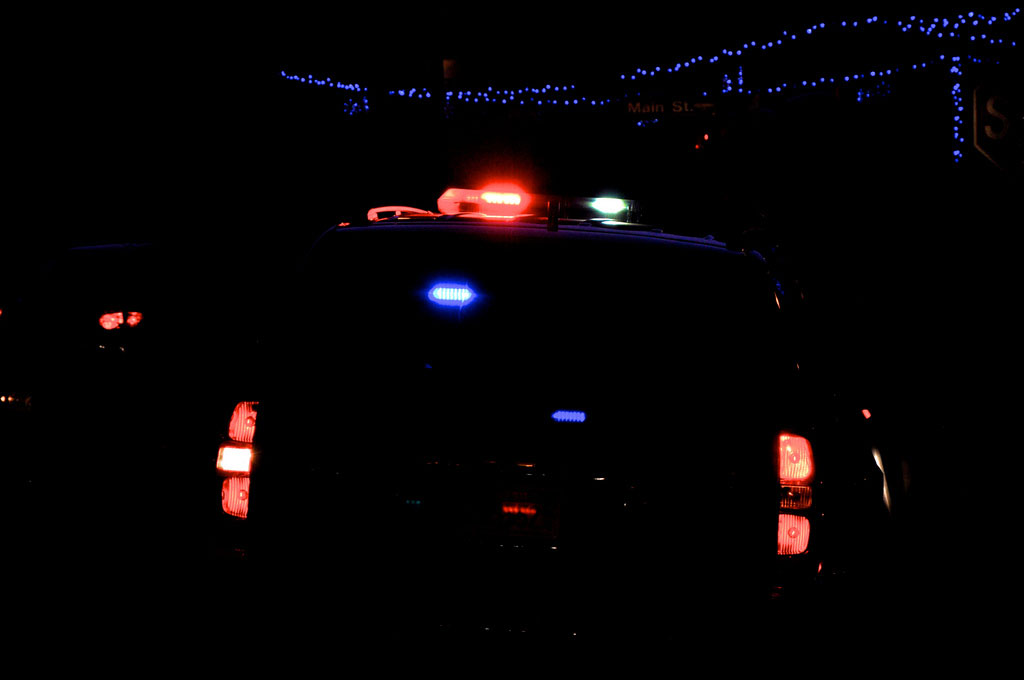
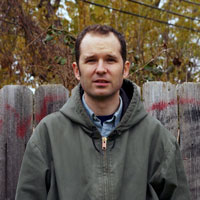 Cal Freeman was born and raised in Detroit. His writing has appeared in many journals including Birmingham Poetry Review, Rattle, Ninth Letter, and Drunken Boat. He is the recipient of the Howard P. Walsh Award for Literature and The Devine Poetry Fellowship (judged by Terrance Hayes). He has also been nominated for Pushcart Prizes in poetry and creative nonfiction. His first book of poems, Brother of Leaving, has just been published by Antonin Artaud Publications.
Cal Freeman was born and raised in Detroit. His writing has appeared in many journals including Birmingham Poetry Review, Rattle, Ninth Letter, and Drunken Boat. He is the recipient of the Howard P. Walsh Award for Literature and The Devine Poetry Fellowship (judged by Terrance Hayes). He has also been nominated for Pushcart Prizes in poetry and creative nonfiction. His first book of poems, Brother of Leaving, has just been published by Antonin Artaud Publications. 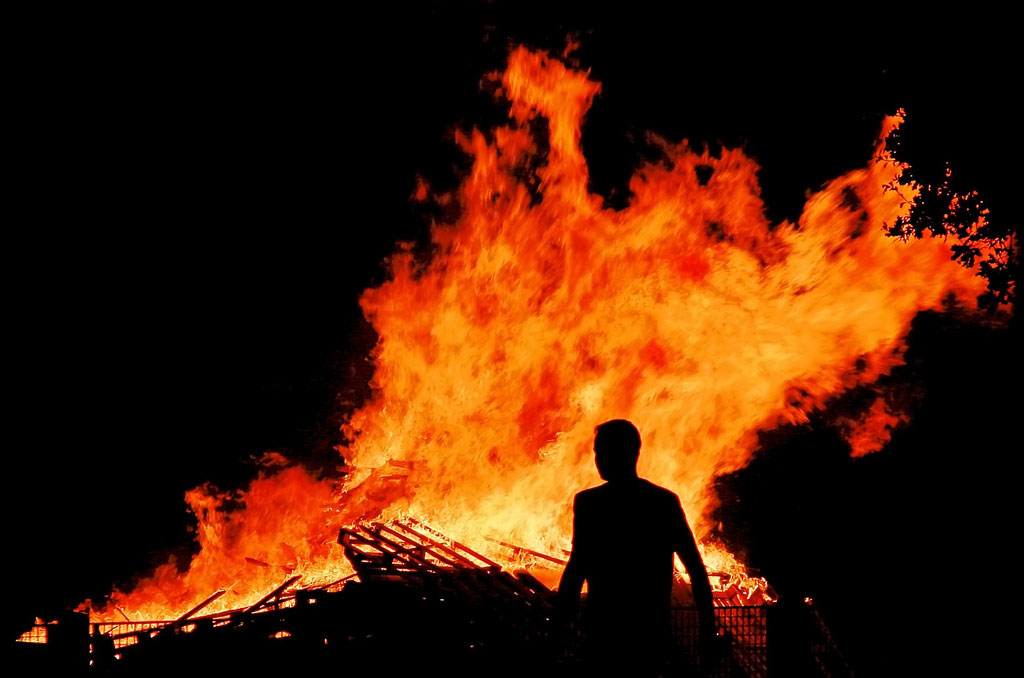
 Jen Julian’s essays and short stories have appeared in Press 53’s Open Awards Anthology for 2010 and 2013, Four Way Review, New Delta Review, North Carolina Literary Review, and The Antigonish Review, among other places. She also has work up and coming in New South, Tahoma Literary Review, and The Chattahoochee Review. Currently, she is a PhD candidate in Fiction at the University of Missouri, Columbia, though she calls rural North Carolina her home.
Jen Julian’s essays and short stories have appeared in Press 53’s Open Awards Anthology for 2010 and 2013, Four Way Review, New Delta Review, North Carolina Literary Review, and The Antigonish Review, among other places. She also has work up and coming in New South, Tahoma Literary Review, and The Chattahoochee Review. Currently, she is a PhD candidate in Fiction at the University of Missouri, Columbia, though she calls rural North Carolina her home.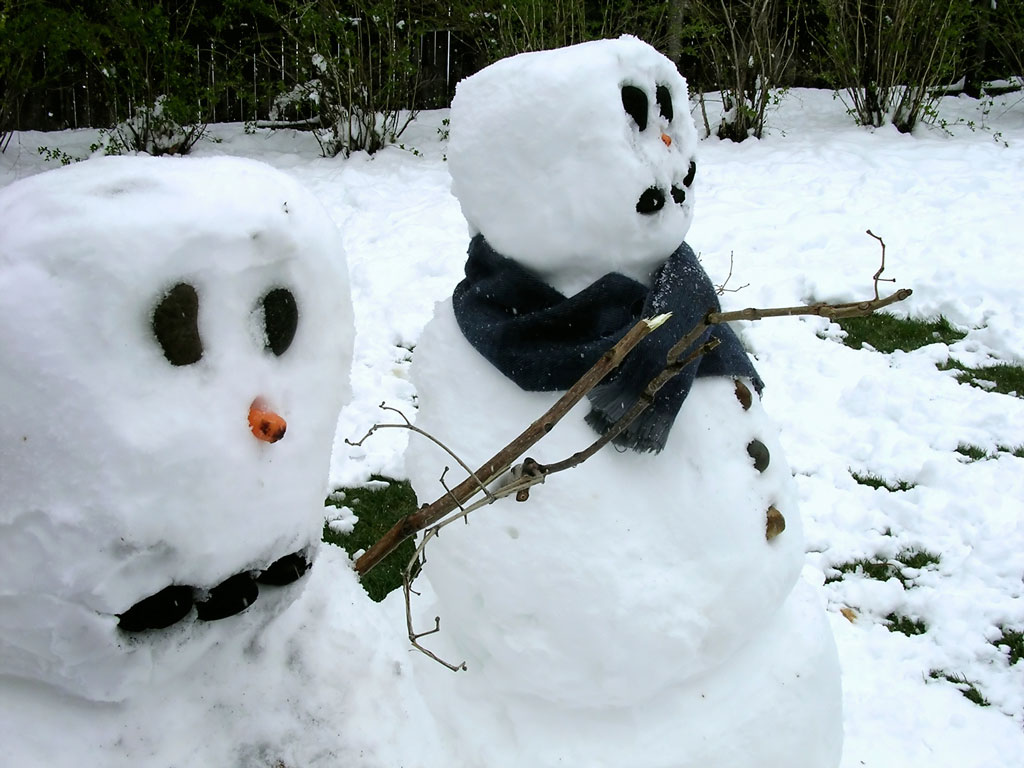
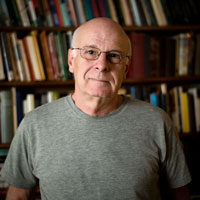 Marc Harshman is the Poet Laureate of West Virginia. He is the author of a full-length poetry collection, Green-Silver and Silent, out from Bottom Dog in 2012, and four chapbooks including Rose of Sharon, Mad River. His periodical publications include The Georgia Review, The Progressive, The Bitter Oleander, Emerson Review, Salamander, 14 Hills, and Gargoyle. Harshman’s poems have been anthologized by Kent State University, the University of Iowa, University of Georgia, and the University of Arizona. Marc Harshman is also the author of twelve children’s books including The Storm, a Smithsonian Notable Book.
Marc Harshman is the Poet Laureate of West Virginia. He is the author of a full-length poetry collection, Green-Silver and Silent, out from Bottom Dog in 2012, and four chapbooks including Rose of Sharon, Mad River. His periodical publications include The Georgia Review, The Progressive, The Bitter Oleander, Emerson Review, Salamander, 14 Hills, and Gargoyle. Harshman’s poems have been anthologized by Kent State University, the University of Iowa, University of Georgia, and the University of Arizona. Marc Harshman is also the author of twelve children’s books including The Storm, a Smithsonian Notable Book. 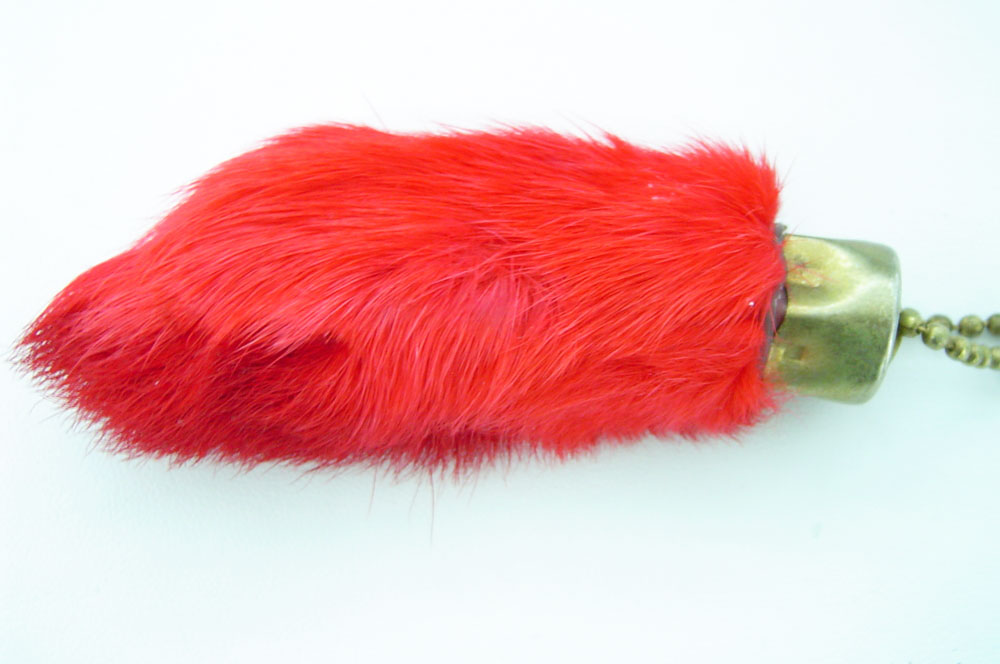
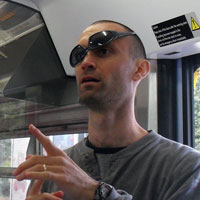 Douglas J. Ogurek’s fiction appears in Bards and Sages Quarterly, British Fantasy Society Journal, The Literary Review, Gone Lawn, The Milo Review, Morpheus Tales, Schlock Magazine, Wilderness House Literary Review, and several anthologies. Ogurek is the communications manager of a Chicago-based architecture firm and has written over one hundred articles about facility planning and design. He also reviews films at Theaker’s Quarterly Fiction. More at
Douglas J. Ogurek’s fiction appears in Bards and Sages Quarterly, British Fantasy Society Journal, The Literary Review, Gone Lawn, The Milo Review, Morpheus Tales, Schlock Magazine, Wilderness House Literary Review, and several anthologies. Ogurek is the communications manager of a Chicago-based architecture firm and has written over one hundred articles about facility planning and design. He also reviews films at Theaker’s Quarterly Fiction. More at 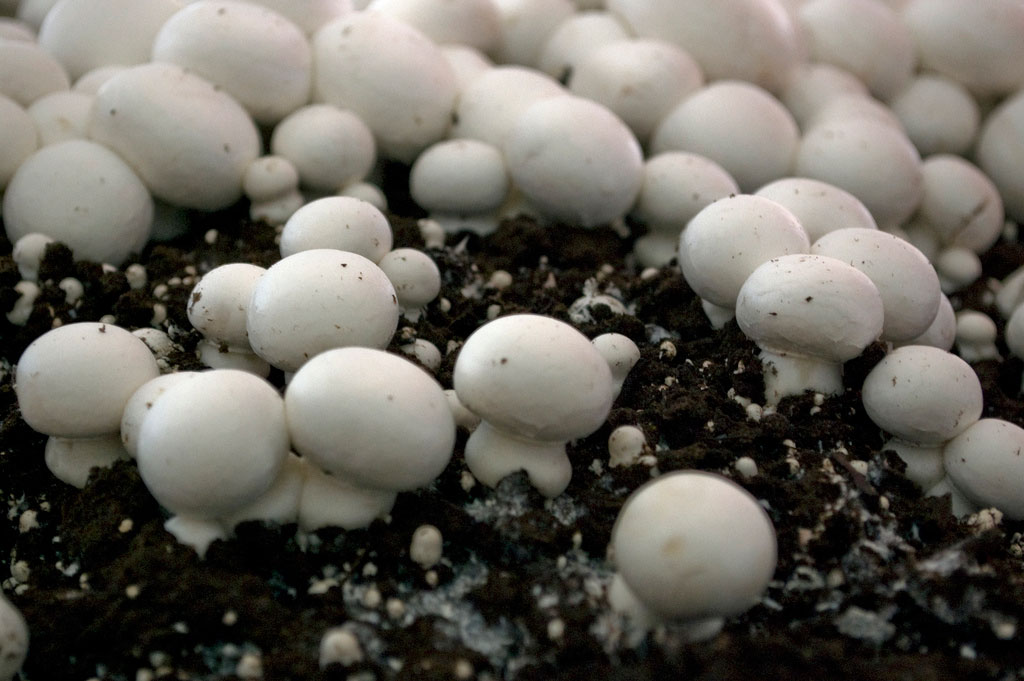
 Erin Jones is an MFA candidate at the University of Florida. Her work has appeared in Subtropics, Boxcar Poetry Review, Natural Bridge, Tar River Poetry, and The Lyric.
Erin Jones is an MFA candidate at the University of Florida. Her work has appeared in Subtropics, Boxcar Poetry Review, Natural Bridge, Tar River Poetry, and The Lyric. 
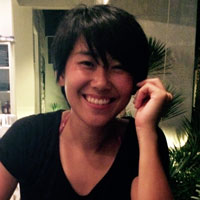
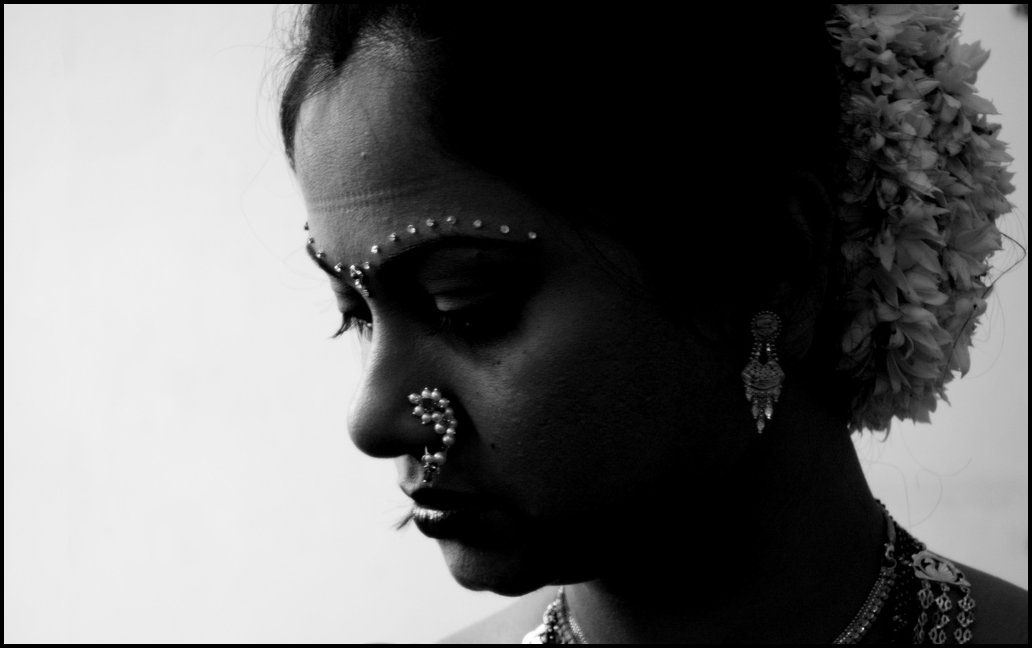
 Grace Singh Smith was born and raised in northeast India where she worked as a teacher, TV anchor, and journalist. She now lives in Santa Monica, California, where she works at Santa Monica College by day and writes fiction by night. Her short stories have appeared in the Santa Monica Review. She is an MFA candidate at Bennington College and is working on her first novel.
Grace Singh Smith was born and raised in northeast India where she worked as a teacher, TV anchor, and journalist. She now lives in Santa Monica, California, where she works at Santa Monica College by day and writes fiction by night. Her short stories have appeared in the Santa Monica Review. She is an MFA candidate at Bennington College and is working on her first novel.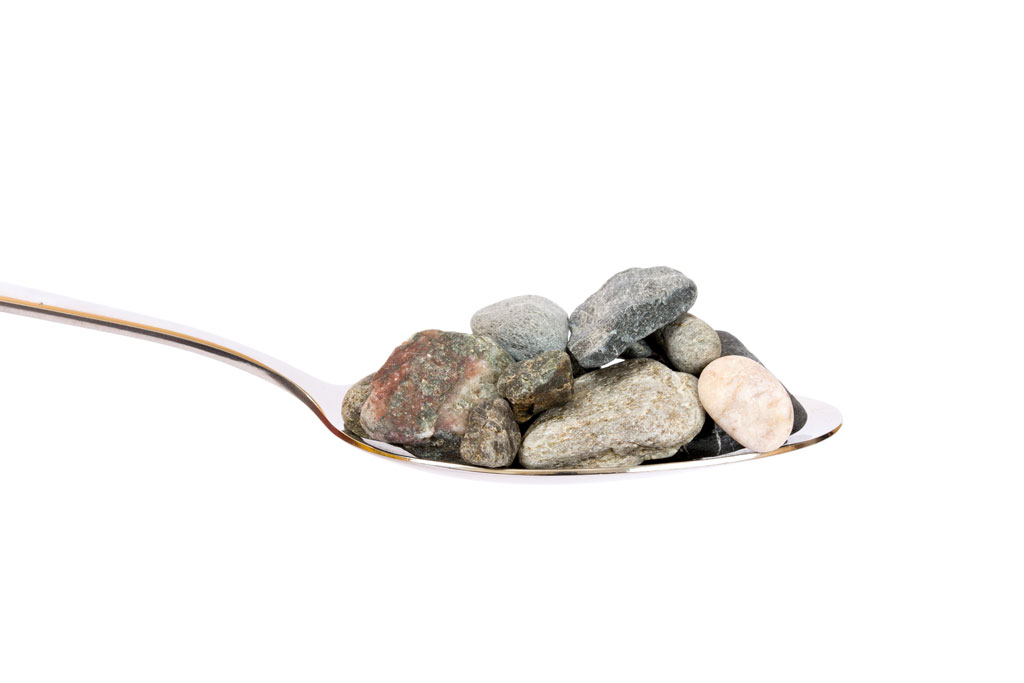
 Alex Vidiani is an MFA student at the University of Maryland, College Park. In his spare time, he enjoys wingtips, café-hopping, and marathons of Mad Men. If you buy him a drink he will be your friend forever. His work has been published in
Alex Vidiani is an MFA student at the University of Maryland, College Park. In his spare time, he enjoys wingtips, café-hopping, and marathons of Mad Men. If you buy him a drink he will be your friend forever. His work has been published in 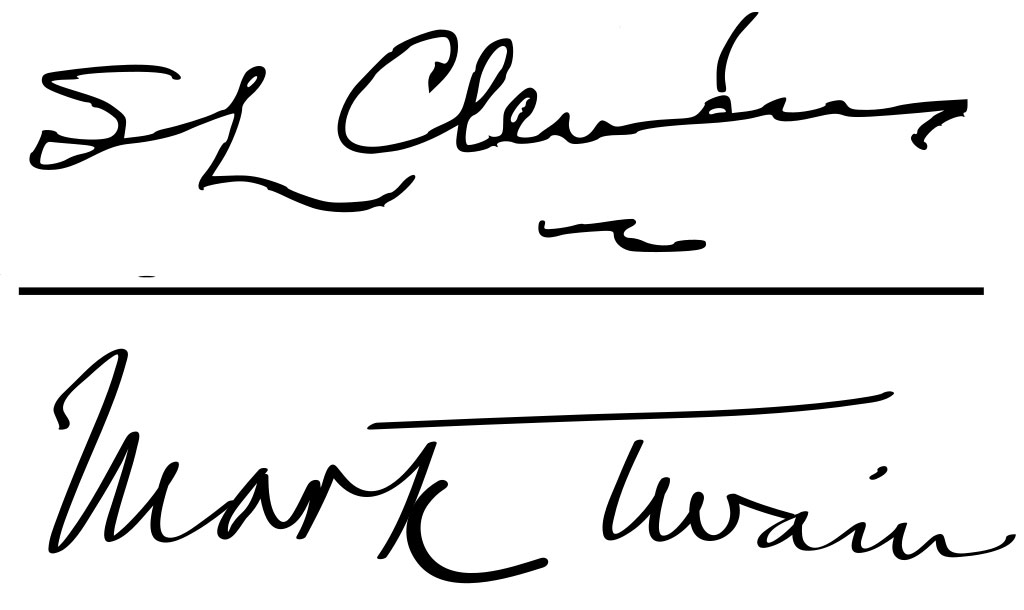
 Adam Shafer is a journalist by training and an advertiser by trade. His writing has appeared in numerous publications including Carve magazine’s 2013 Raymond Carver Short Story Contest and New Millennium Writing’s 2015 fiction contest. In 2014, he was honored with the Nancy D. Hargrove Prize for Fiction from The Jabberwock Review. He lives in Chicago with a woman and a dog. Follow him on Twitter at @adamjshafer.
Adam Shafer is a journalist by training and an advertiser by trade. His writing has appeared in numerous publications including Carve magazine’s 2013 Raymond Carver Short Story Contest and New Millennium Writing’s 2015 fiction contest. In 2014, he was honored with the Nancy D. Hargrove Prize for Fiction from The Jabberwock Review. He lives in Chicago with a woman and a dog. Follow him on Twitter at @adamjshafer. 
 Sarah Marshall grew up in Oregon and taught writing for several years at Portland State University, where she developed many courses around her obsessions, including a class called “The Idea of North.” She writes poetry, fiction, and nonfiction on topics including insects, invasive species, pet stores, vigilantism, vampires, crime, and Florida. Most recently, her work has appeared in The Best American Nonrequired Reading 2015. Sarah Marshall is currently pursuing a PhD in English at the University of Wisconsin-Madison.
Sarah Marshall grew up in Oregon and taught writing for several years at Portland State University, where she developed many courses around her obsessions, including a class called “The Idea of North.” She writes poetry, fiction, and nonfiction on topics including insects, invasive species, pet stores, vigilantism, vampires, crime, and Florida. Most recently, her work has appeared in The Best American Nonrequired Reading 2015. Sarah Marshall is currently pursuing a PhD in English at the University of Wisconsin-Madison.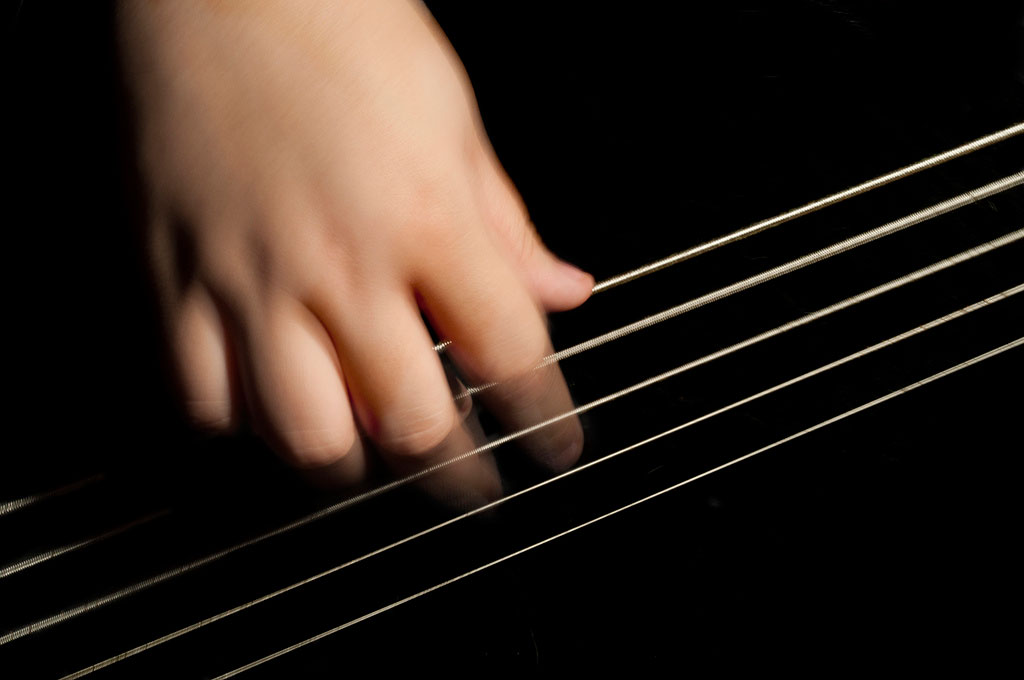
 Susannah Betts is a writer, artist and graduate student living in Rochester, N.Y. She grew up in Bowie, Md. and graduated from Wesleyan University with a BA in physics in 2015. She likes disrupting the gender binary and the stigma surrounding female and non-binary sexual pleasure in her work. She currently serves as the fiction editor of the online intersectional feminist literary magazine The Fem and has been published in some various places that you can find listed here:
Susannah Betts is a writer, artist and graduate student living in Rochester, N.Y. She grew up in Bowie, Md. and graduated from Wesleyan University with a BA in physics in 2015. She likes disrupting the gender binary and the stigma surrounding female and non-binary sexual pleasure in her work. She currently serves as the fiction editor of the online intersectional feminist literary magazine The Fem and has been published in some various places that you can find listed here: 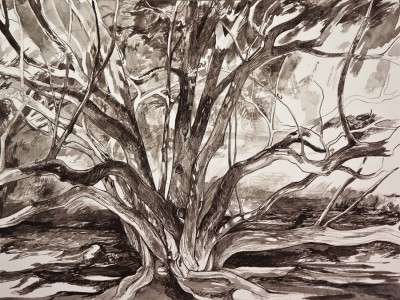
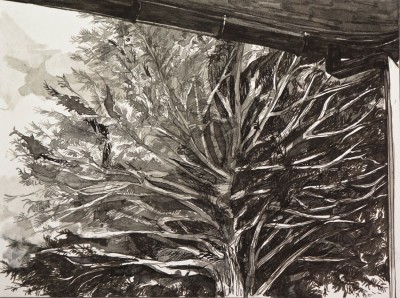
 Laurel Hooker is an artist living and working in Philadelphia. She received her BFA in painting from Tyler School of Art at Temple University. Brought up exploring the mountain wilderness outside of Knoxville, Tennessee, the natural world remains a central source of inspiration for her work. Her additional enthusiasms include all things musical, ethical, and edible. Further images of Laurel Hooker’s work can be found at
Laurel Hooker is an artist living and working in Philadelphia. She received her BFA in painting from Tyler School of Art at Temple University. Brought up exploring the mountain wilderness outside of Knoxville, Tennessee, the natural world remains a central source of inspiration for her work. Her additional enthusiasms include all things musical, ethical, and edible. Further images of Laurel Hooker’s work can be found at 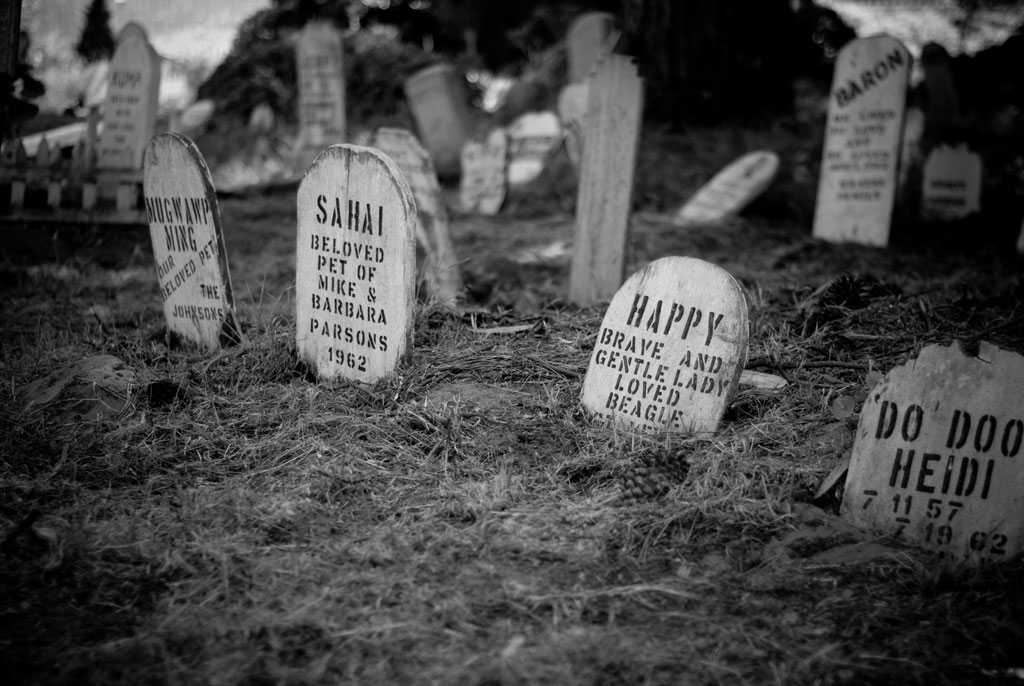
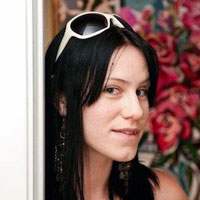 Gwendolyn Edward is a Pushcart-nominated writer of non-fiction, poetry, and fiction. Her work has been accepted by Crab Orchard Review, Fourth River, Bourbon Penn, Crack the Spine, and others. She holds a MA in Creative Writing from the University of North Texas where she worked with American Literary Review, and she is currently pursuing a MFA at Bennington. She works with Fifth Wednesday Journal as an assistant non-fiction editor and also teaches creative writing.
Gwendolyn Edward is a Pushcart-nominated writer of non-fiction, poetry, and fiction. Her work has been accepted by Crab Orchard Review, Fourth River, Bourbon Penn, Crack the Spine, and others. She holds a MA in Creative Writing from the University of North Texas where she worked with American Literary Review, and she is currently pursuing a MFA at Bennington. She works with Fifth Wednesday Journal as an assistant non-fiction editor and also teaches creative writing.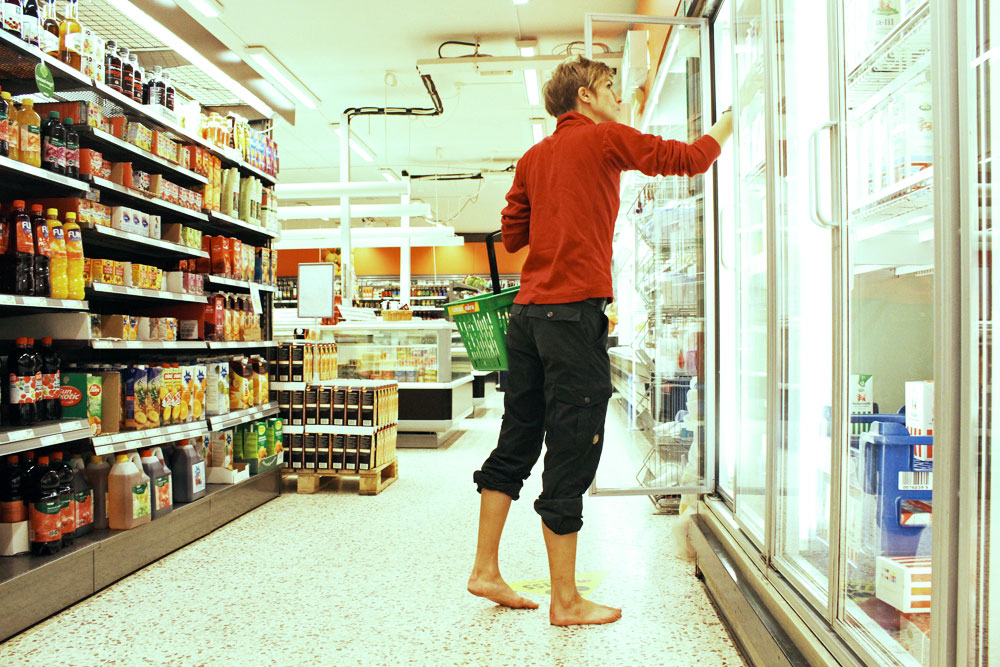
 Carla Drysdale is a Canadian poet who resides in France. Her first book of poems, Little Venus, was published by Tightrope and her chapbook, Inheritance, is forthcoming from Finishing Line Press. Her poems have been published in
Carla Drysdale is a Canadian poet who resides in France. Her first book of poems, Little Venus, was published by Tightrope and her chapbook, Inheritance, is forthcoming from Finishing Line Press. Her poems have been published in 
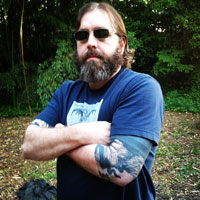 Paul Crenshaw’s stories and essays have appeared or are forthcoming in Best American Essays, Best American Nonrequired Reading, anthologies by W.W. Norton and Houghton Mifflin, Glimmer Train, Ecotone, North American Review, and Brevity, among others. He teaches writing and literature at Elon University.
Paul Crenshaw’s stories and essays have appeared or are forthcoming in Best American Essays, Best American Nonrequired Reading, anthologies by W.W. Norton and Houghton Mifflin, Glimmer Train, Ecotone, North American Review, and Brevity, among others. He teaches writing and literature at Elon University.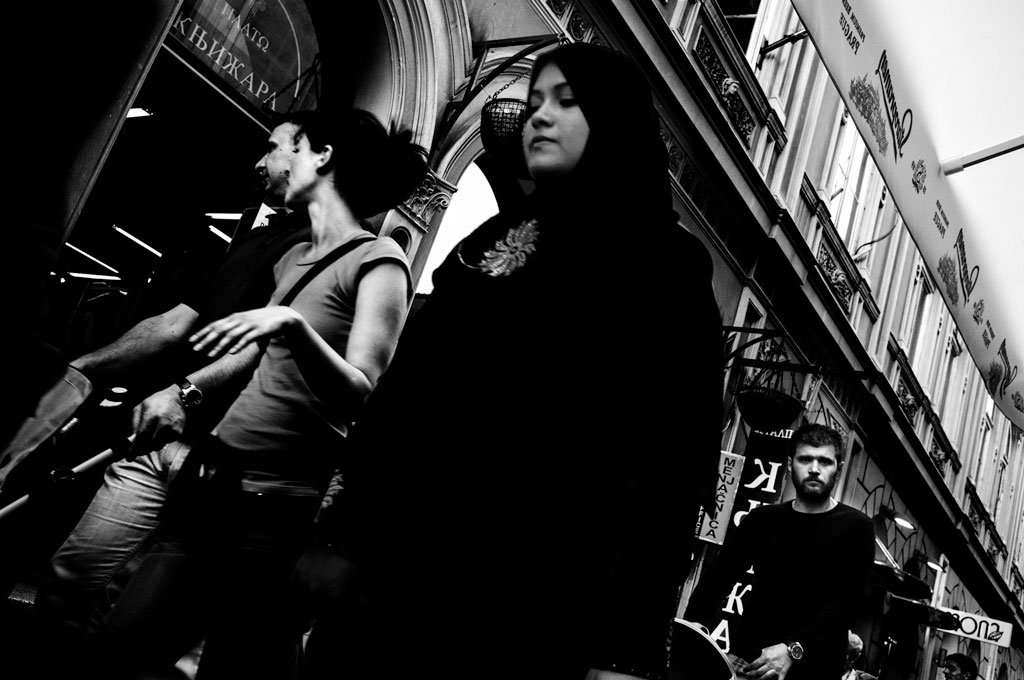
 Sara Alaica is a citizen of the world and a nomad. She grew up in Canada and in the Balkans and has lived in Japan, Australia, New Zealand, and the United States. Between traveling the seven continents, Sara Alaica earned her BA in literature from Carleton University and an MA in literature from the University of Toronto. Sara Alaica currently works at Columbia University in New York City. She blogs at
Sara Alaica is a citizen of the world and a nomad. She grew up in Canada and in the Balkans and has lived in Japan, Australia, New Zealand, and the United States. Between traveling the seven continents, Sara Alaica earned her BA in literature from Carleton University and an MA in literature from the University of Toronto. Sara Alaica currently works at Columbia University in New York City. She blogs at 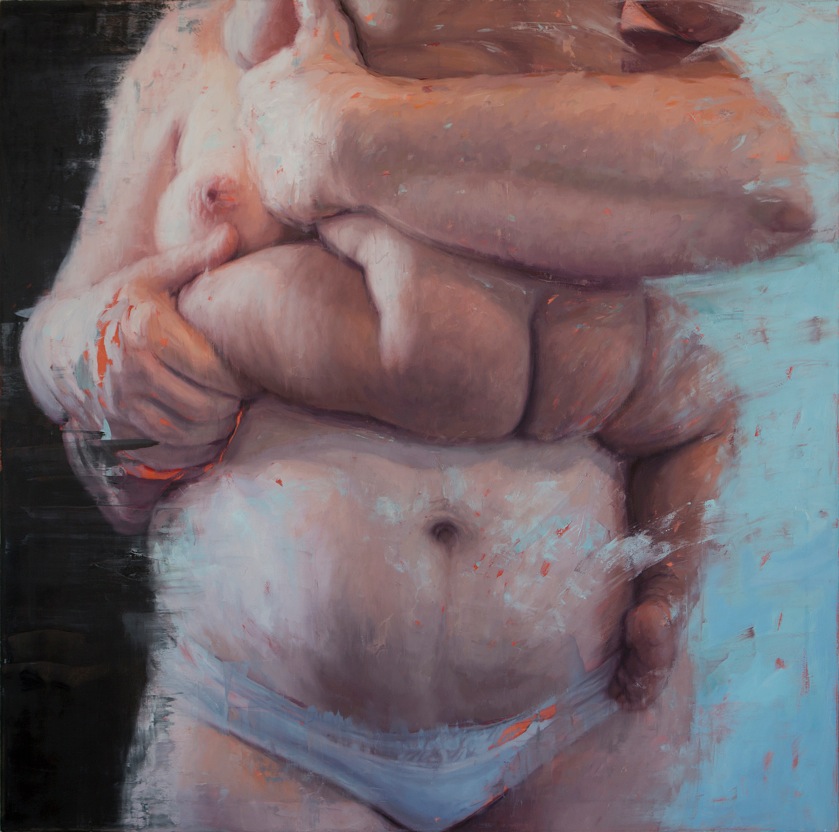
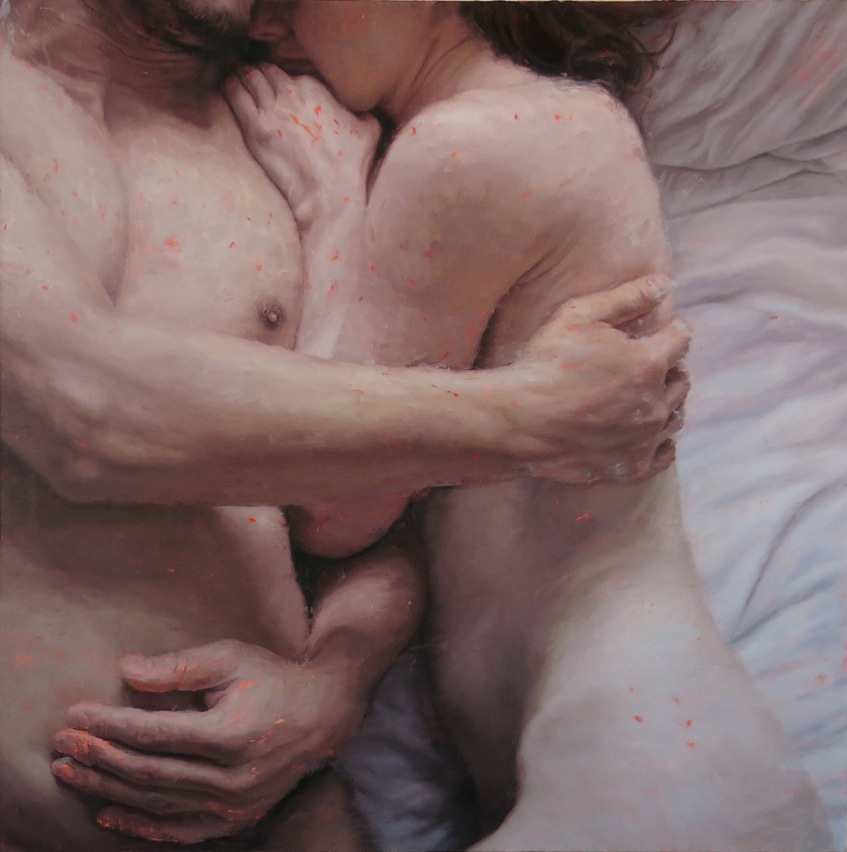
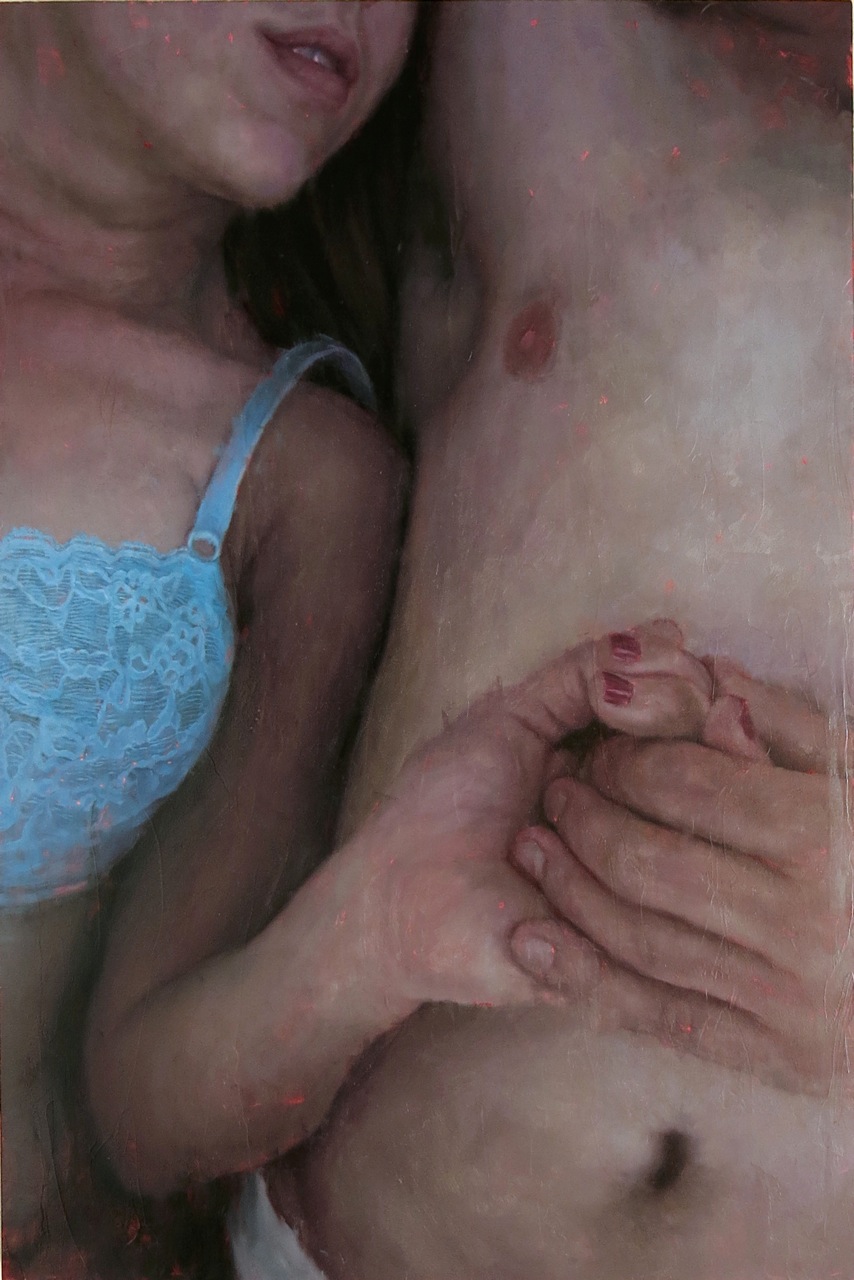
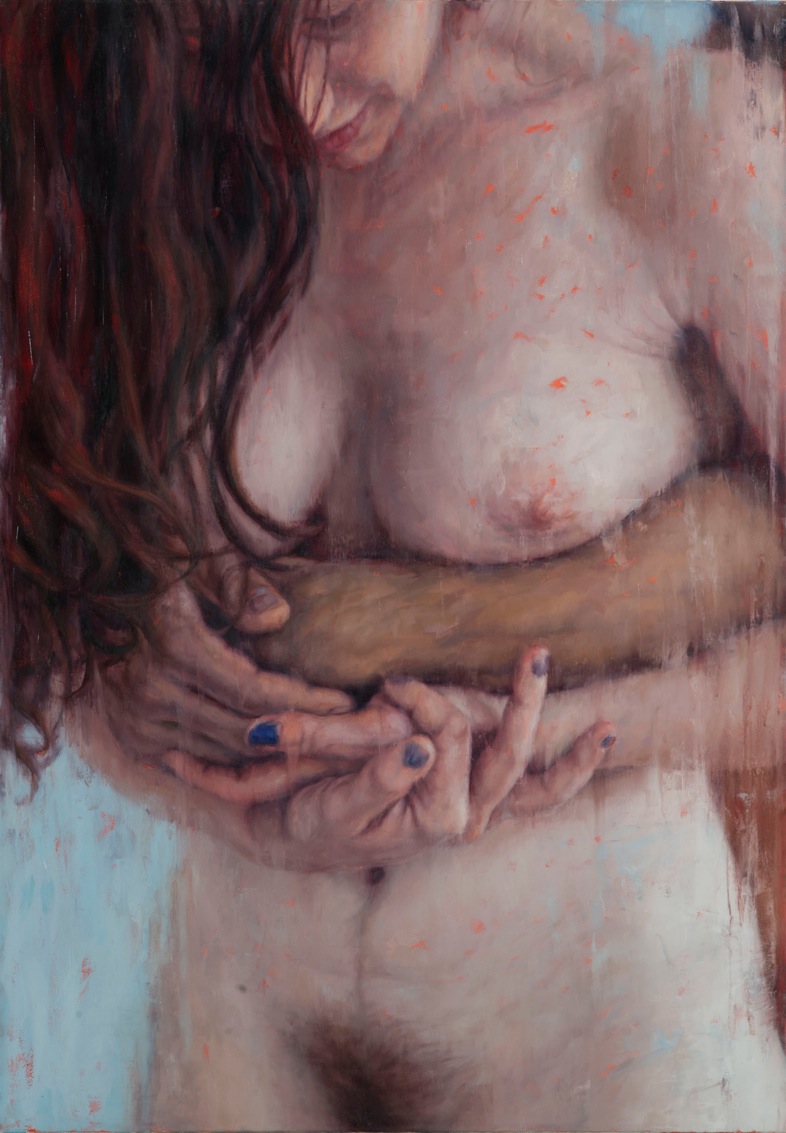
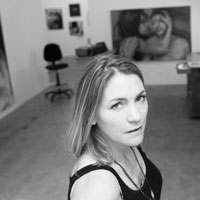 Michelle Doll’s paintings capture quiet, intimate moments hinged on personal connections between her subjects, as well as their interactions with the world around them. Doll’s recent works are imbued with femininity and introspection, and explore the themes of love, desire and connection. She earned her B.F.A. from Kent State University and M.F.A. from New York Academy of Art where she graduated cum laude on both. Her work has been exhibited and featured worldwide at galleries in New York, St. Barth’s, San Francisco, Chicago, Basel, London, and Olso. She is represented by Lyons Wier Gallery in New York City and Galleri Ramfjord in Oslo, Norway. Michelle Doll currently lives and works in Hoboken, New Jersey.
Michelle Doll’s paintings capture quiet, intimate moments hinged on personal connections between her subjects, as well as their interactions with the world around them. Doll’s recent works are imbued with femininity and introspection, and explore the themes of love, desire and connection. She earned her B.F.A. from Kent State University and M.F.A. from New York Academy of Art where she graduated cum laude on both. Her work has been exhibited and featured worldwide at galleries in New York, St. Barth’s, San Francisco, Chicago, Basel, London, and Olso. She is represented by Lyons Wier Gallery in New York City and Galleri Ramfjord in Oslo, Norway. Michelle Doll currently lives and works in Hoboken, New Jersey.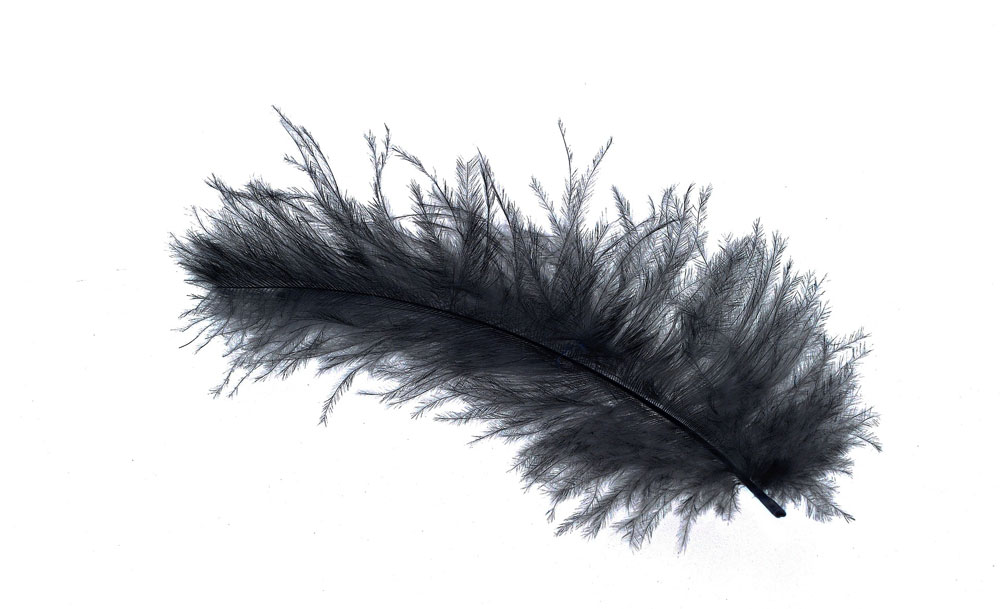
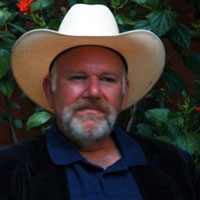 Nels Hanson grew up on a small farm in the San Joaquin Valley of California and has worked as a farmer, teacher, and contract writer/editor. Nels Hanson’s fiction received the San Francisco Foundation’s James D. Phelan Award and Pushcart nominations in 2010, 2012, and 2014. Nels Hanson’s poems have appeared in Word Riot, Oklahoma Review, Pacific Review, and other magazines and have received a 2014 Pushcart nomination, Sharkpack Poetry Review’s 2014 Prospero Prize, and 2015 and 2016 Best of the Net nominations.
Nels Hanson grew up on a small farm in the San Joaquin Valley of California and has worked as a farmer, teacher, and contract writer/editor. Nels Hanson’s fiction received the San Francisco Foundation’s James D. Phelan Award and Pushcart nominations in 2010, 2012, and 2014. Nels Hanson’s poems have appeared in Word Riot, Oklahoma Review, Pacific Review, and other magazines and have received a 2014 Pushcart nomination, Sharkpack Poetry Review’s 2014 Prospero Prize, and 2015 and 2016 Best of the Net nominations.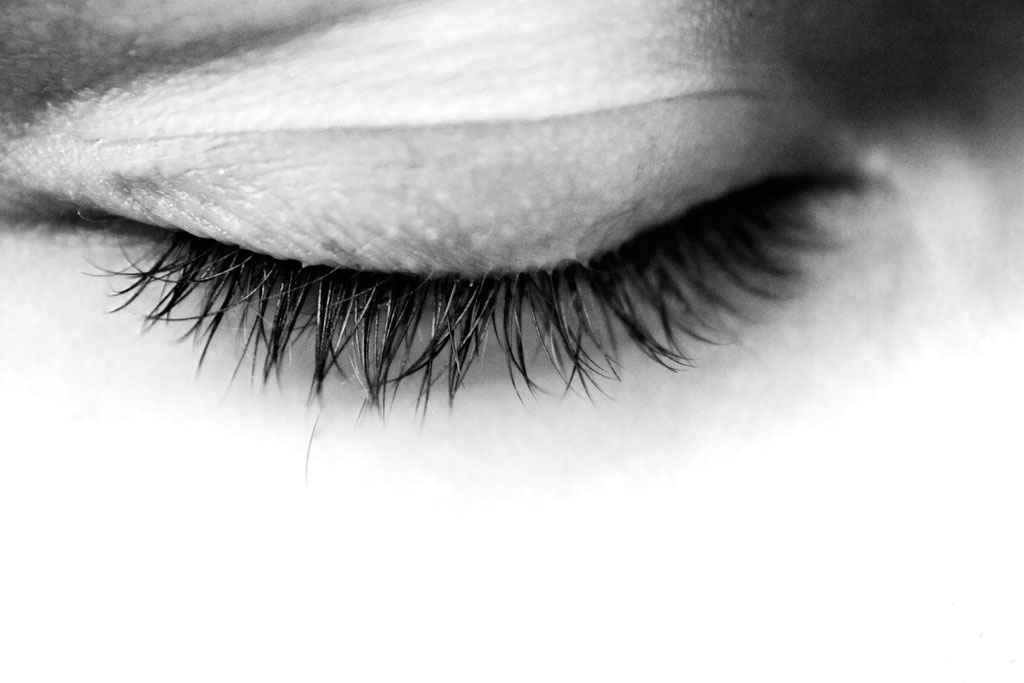

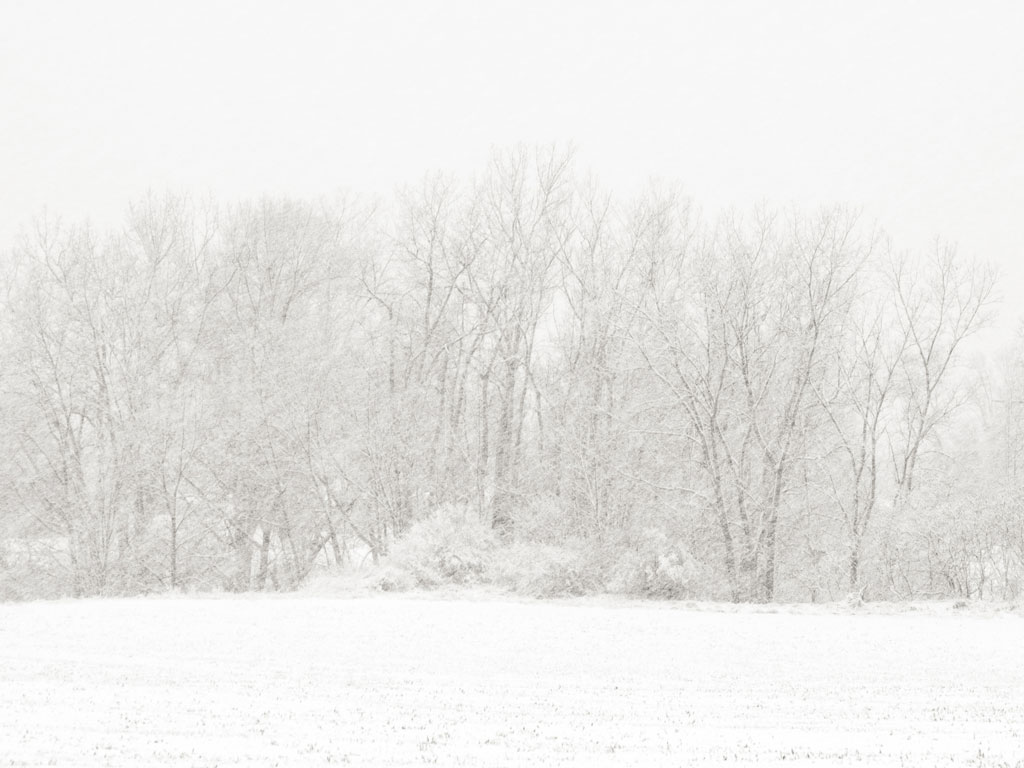
 Dan Tessitore’s work has appeared in The American Poetry Review, The Common, Denver Quarterly, Fence, and elsewhere. He teaches writing and literature at Eastern Illinois University.
Dan Tessitore’s work has appeared in The American Poetry Review, The Common, Denver Quarterly, Fence, and elsewhere. He teaches writing and literature at Eastern Illinois University.
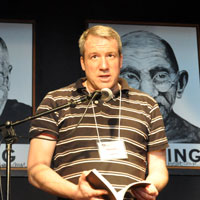 Mark Brazaitis is the author of six books of fiction, including The River of Lost Voices: Stories from Guatemala, winner of the 1998 Iowa Short Fiction Award, The Incurables: Stories, winner of the 2012 Richard Sullivan Prize and the 2013 Devil’s Kitchen Reading Award in Prose, and Julia & Rodrigo, winner of the 2012 Gival Press Novel Award. His latest book, Truth Poker: Stories, won the 2014 Autumn House Press Fiction Competition. To learn more about him, visit his website:
Mark Brazaitis is the author of six books of fiction, including The River of Lost Voices: Stories from Guatemala, winner of the 1998 Iowa Short Fiction Award, The Incurables: Stories, winner of the 2012 Richard Sullivan Prize and the 2013 Devil’s Kitchen Reading Award in Prose, and Julia & Rodrigo, winner of the 2012 Gival Press Novel Award. His latest book, Truth Poker: Stories, won the 2014 Autumn House Press Fiction Competition. To learn more about him, visit his website: 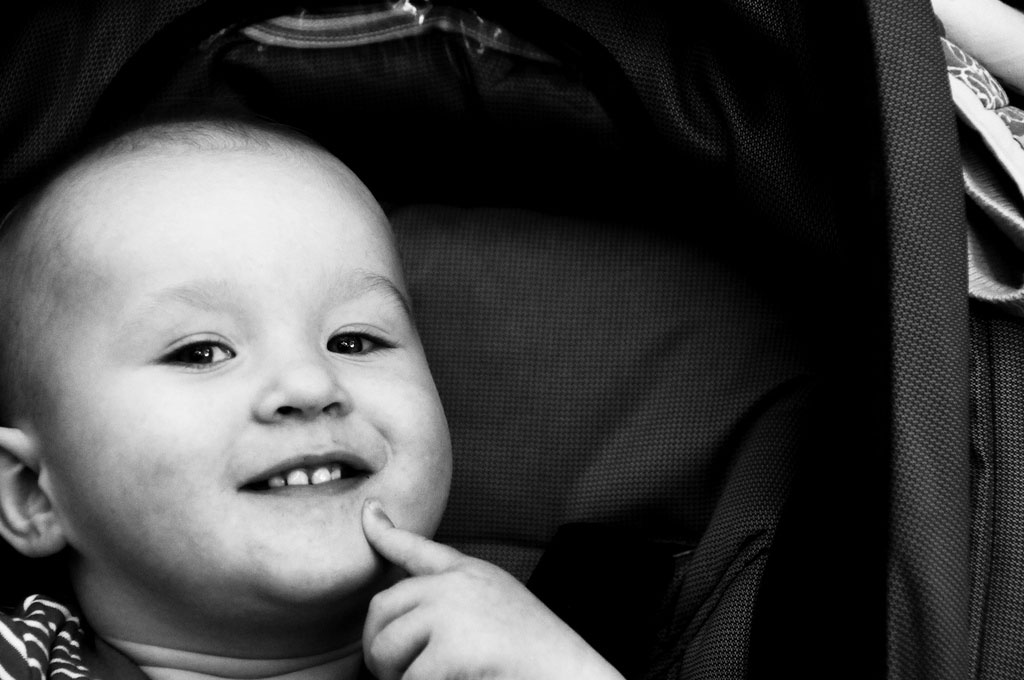
 Nigar Alam was born in Karachi, Pakistan, but grew up in Italy, Kenya, Turkey, and several other countries. She hopes to bring all these experiences together in her writing. She is an educator and currently lives in Minnesota with her husband and two children. Her flash fiction can be found in the Atticus Review.
Nigar Alam was born in Karachi, Pakistan, but grew up in Italy, Kenya, Turkey, and several other countries. She hopes to bring all these experiences together in her writing. She is an educator and currently lives in Minnesota with her husband and two children. Her flash fiction can be found in the Atticus Review.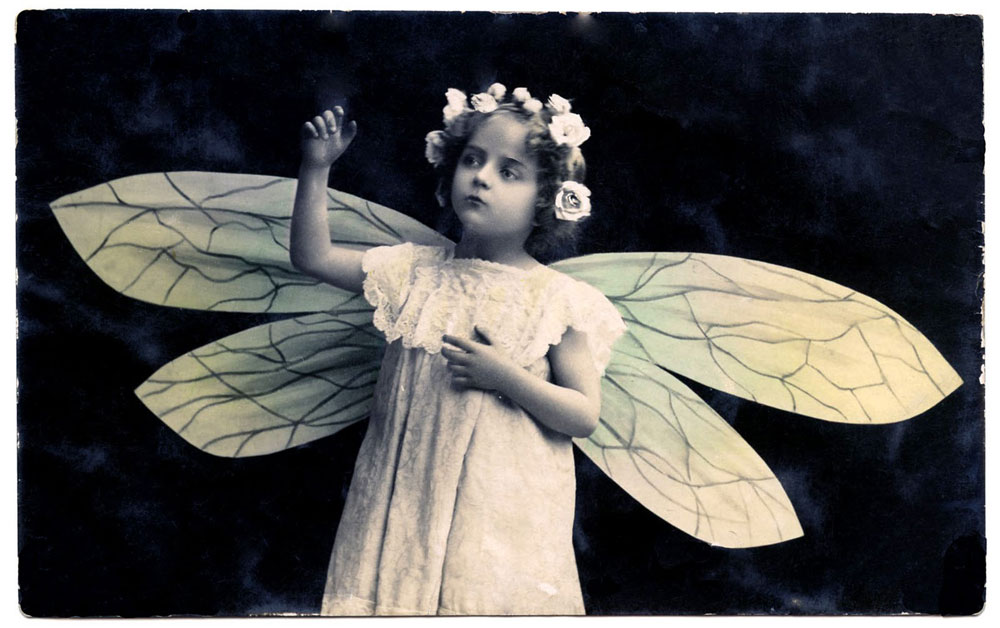
 West Virginia native Marie Manilla is a graduate of the Iowa Writers’ Workshop. Her fiction has appeared in the Chicago Tribune, Mississippi Review, Prairie Schooner, and other journals. Her novel, The Patron Saint of Ugly (Houghton Mifflin Harcourt, 2014), won the Weatherford Award. Shrapnel (River City Publishing, 2012), received the Fred Bonnie Award for Best First Novel. Still Life with Plums: Short Stories (West Virginia University Press, 2010) was a finalist for both the Weatherford Award and Foreword Reviews’ Book of the Year. Learn more at
West Virginia native Marie Manilla is a graduate of the Iowa Writers’ Workshop. Her fiction has appeared in the Chicago Tribune, Mississippi Review, Prairie Schooner, and other journals. Her novel, The Patron Saint of Ugly (Houghton Mifflin Harcourt, 2014), won the Weatherford Award. Shrapnel (River City Publishing, 2012), received the Fred Bonnie Award for Best First Novel. Still Life with Plums: Short Stories (West Virginia University Press, 2010) was a finalist for both the Weatherford Award and Foreword Reviews’ Book of the Year. Learn more at 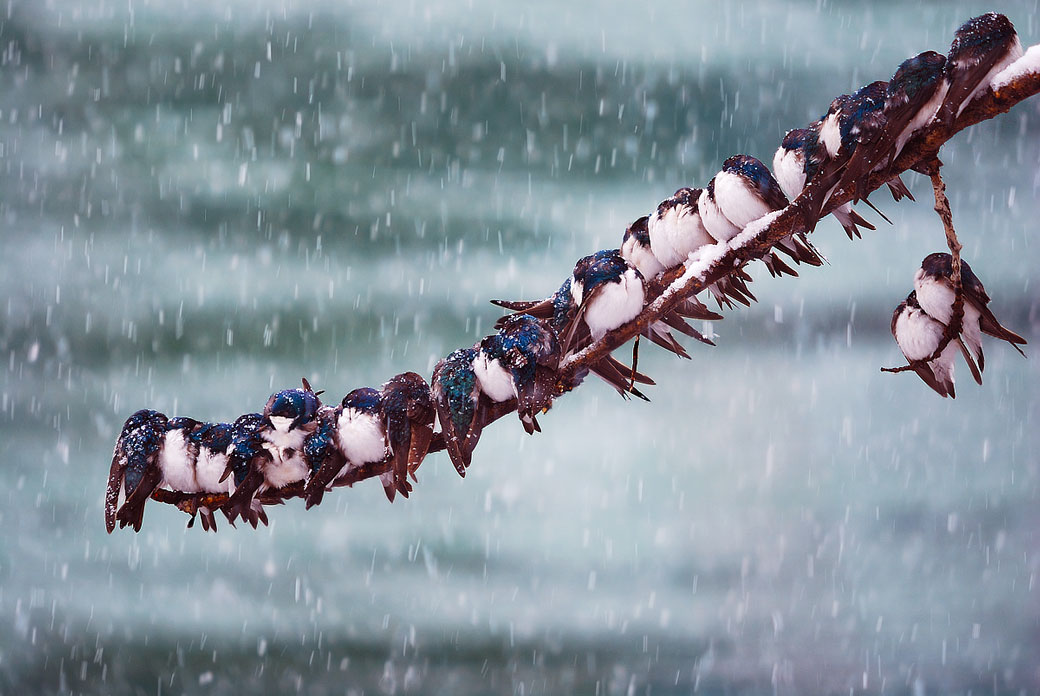

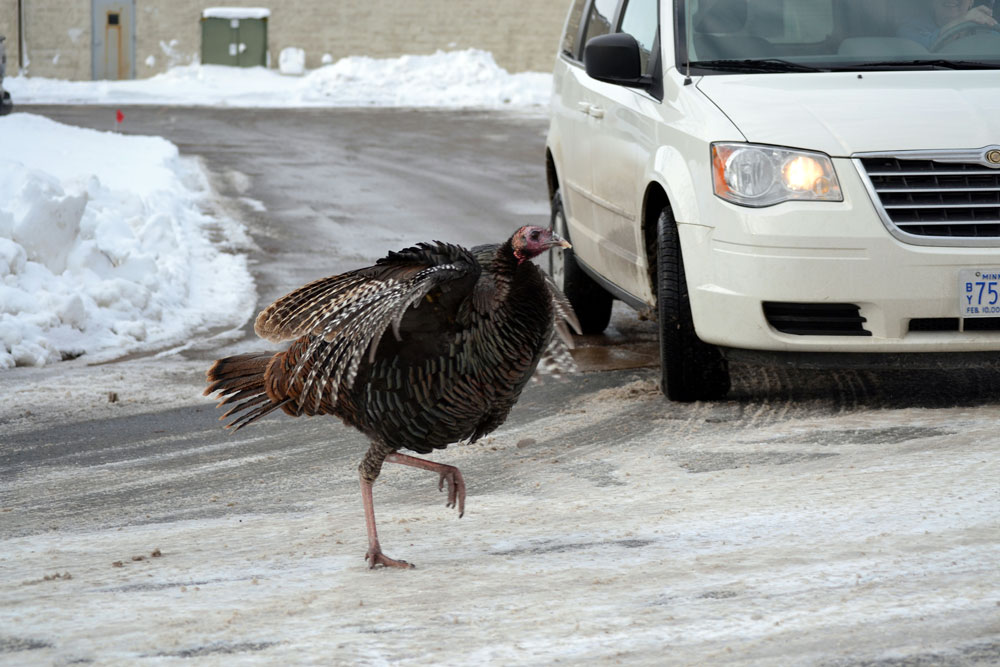
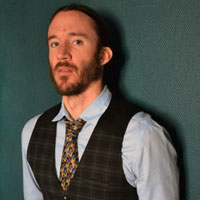 Kevin Tosca’s stories have been or soon will be published in Redivider, Literary Orphans, Paper Darts and elsewhere. A frequent contributor to Cleaver, his short story
Kevin Tosca’s stories have been or soon will be published in Redivider, Literary Orphans, Paper Darts and elsewhere. A frequent contributor to Cleaver, his short story 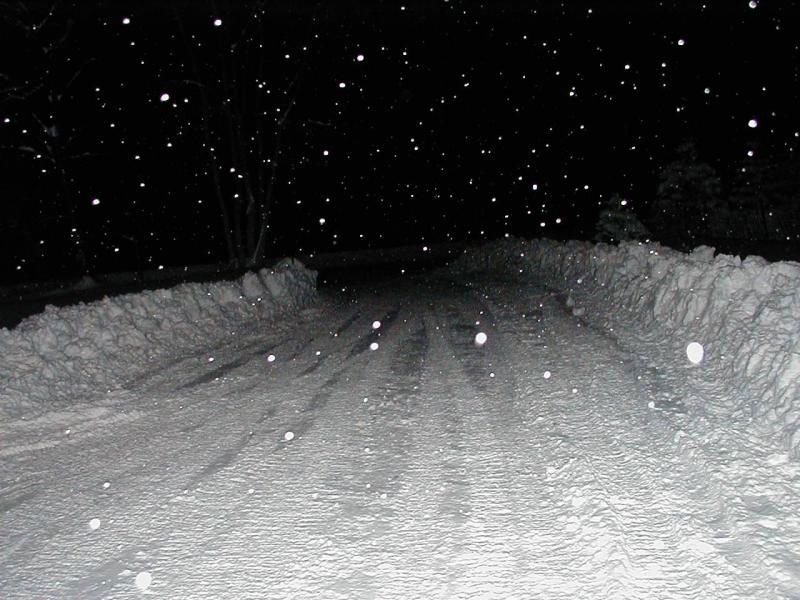
 Roy Bentley has received fellowships from the NEA, the Florida Division of Cultural Affairs, and the Ohio Arts Council. Poems have appeared in The Southern Review, Shenandoah, Pleiades, Blackbird, North American Review, Prairie Schooner and elsewhere. Books include Boy in a Boat (University of Alabama), Any One Man (Bottom Dog), The Trouble with a Short Horse in Montana (White Pine), and Starlight Taxi (Lynx House). He has taught creative writing and composition at universities and colleges throughout the Midwest and in Florida. These days, he teaches for Georgian Court University in New Jersey and lives near the Jersey Shore.
Roy Bentley has received fellowships from the NEA, the Florida Division of Cultural Affairs, and the Ohio Arts Council. Poems have appeared in The Southern Review, Shenandoah, Pleiades, Blackbird, North American Review, Prairie Schooner and elsewhere. Books include Boy in a Boat (University of Alabama), Any One Man (Bottom Dog), The Trouble with a Short Horse in Montana (White Pine), and Starlight Taxi (Lynx House). He has taught creative writing and composition at universities and colleges throughout the Midwest and in Florida. These days, he teaches for Georgian Court University in New Jersey and lives near the Jersey Shore.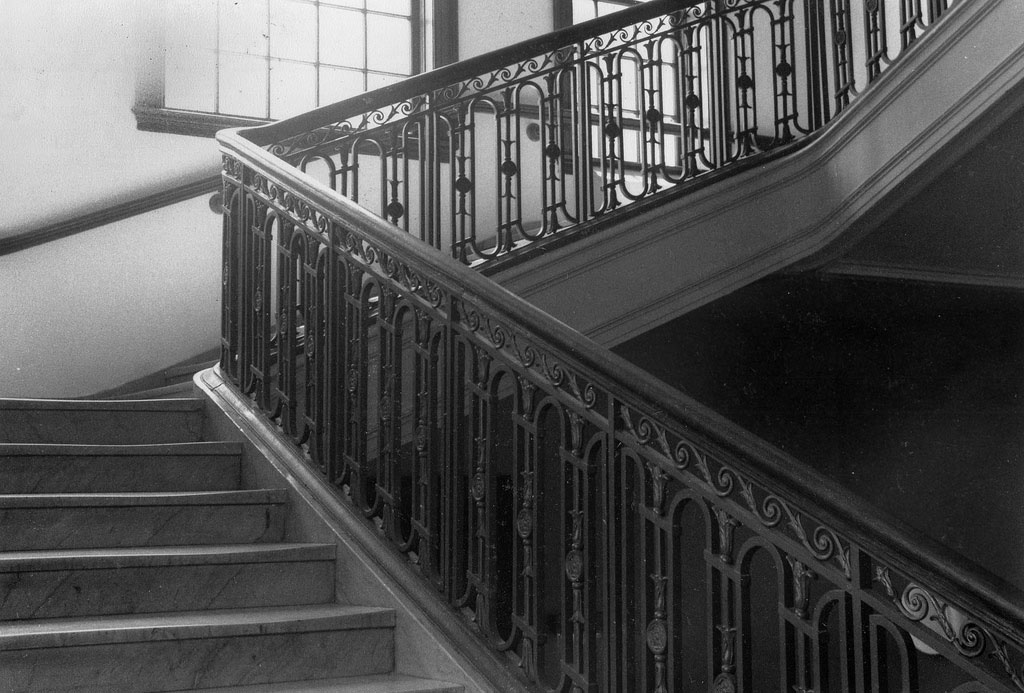
 Robert Henway is a student at the University of Iowa working on a degree in English and Creative Writing. Originally from Grand Rapids, Michigan, his passions reside in literature and music. He hopes to pursue a career in writing.
Robert Henway is a student at the University of Iowa working on a degree in English and Creative Writing. Originally from Grand Rapids, Michigan, his passions reside in literature and music. He hopes to pursue a career in writing.

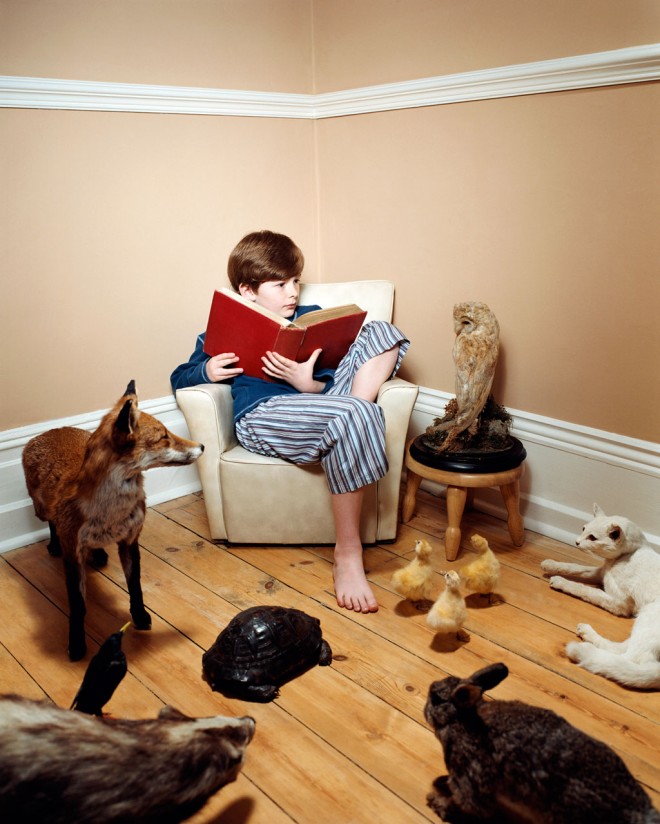
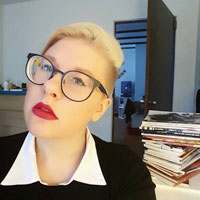 Emily Anne Hopkins received her BA in creative writing from Albion College and is currently a poetry candidate in the University of Pittsburgh’s MFA program. There, she reads for Hot Metal Bridge and teaches creative writing. She was recently awarded the Academy of American Poets Graduate Poetry Award, judged by Jessica Helen Lopez.
Emily Anne Hopkins received her BA in creative writing from Albion College and is currently a poetry candidate in the University of Pittsburgh’s MFA program. There, she reads for Hot Metal Bridge and teaches creative writing. She was recently awarded the Academy of American Poets Graduate Poetry Award, judged by Jessica Helen Lopez.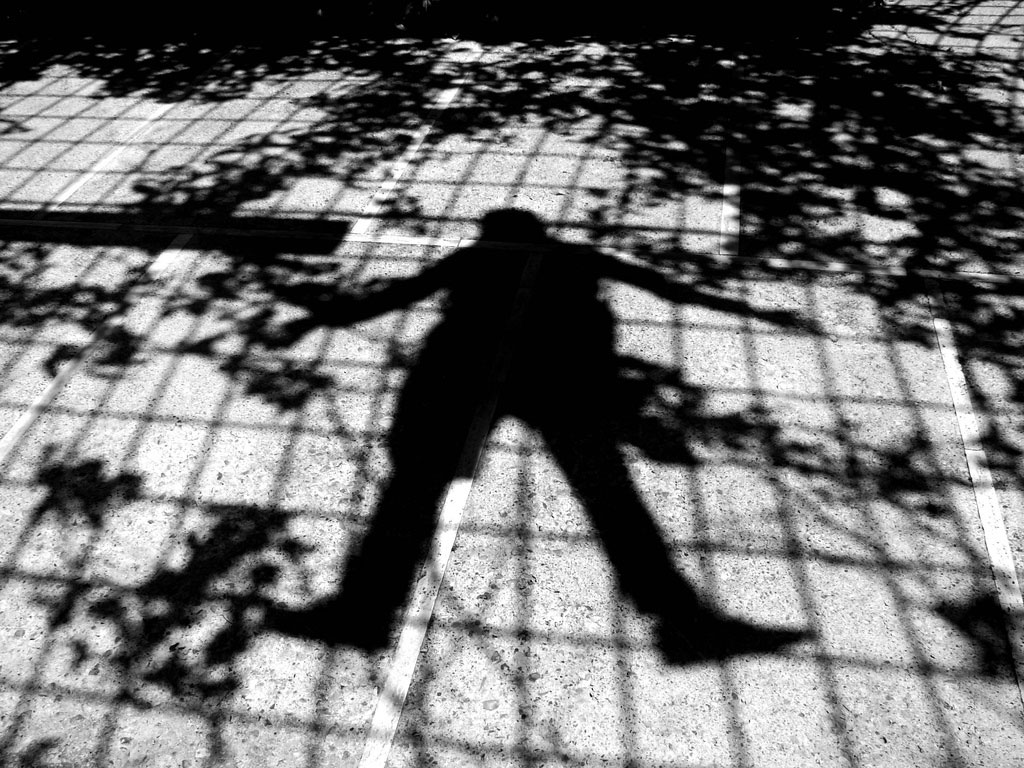

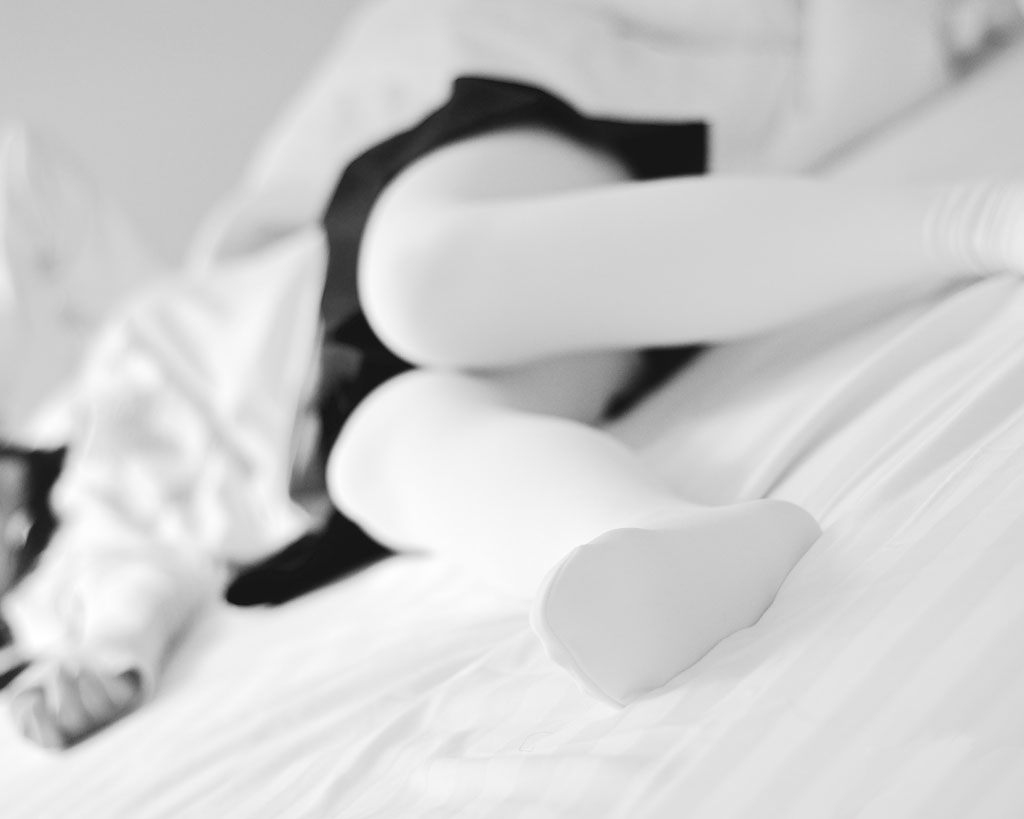
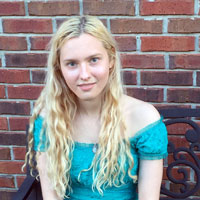 Erin Victoria Bradley lives in southern Illinois and is soon to graduate Southern Illinois University at Carbondale with a B.A. in English. This is her first professional publication. She is currently at work on her debut novel and a scattering of short stories.
Erin Victoria Bradley lives in southern Illinois and is soon to graduate Southern Illinois University at Carbondale with a B.A. in English. This is her first professional publication. She is currently at work on her debut novel and a scattering of short stories.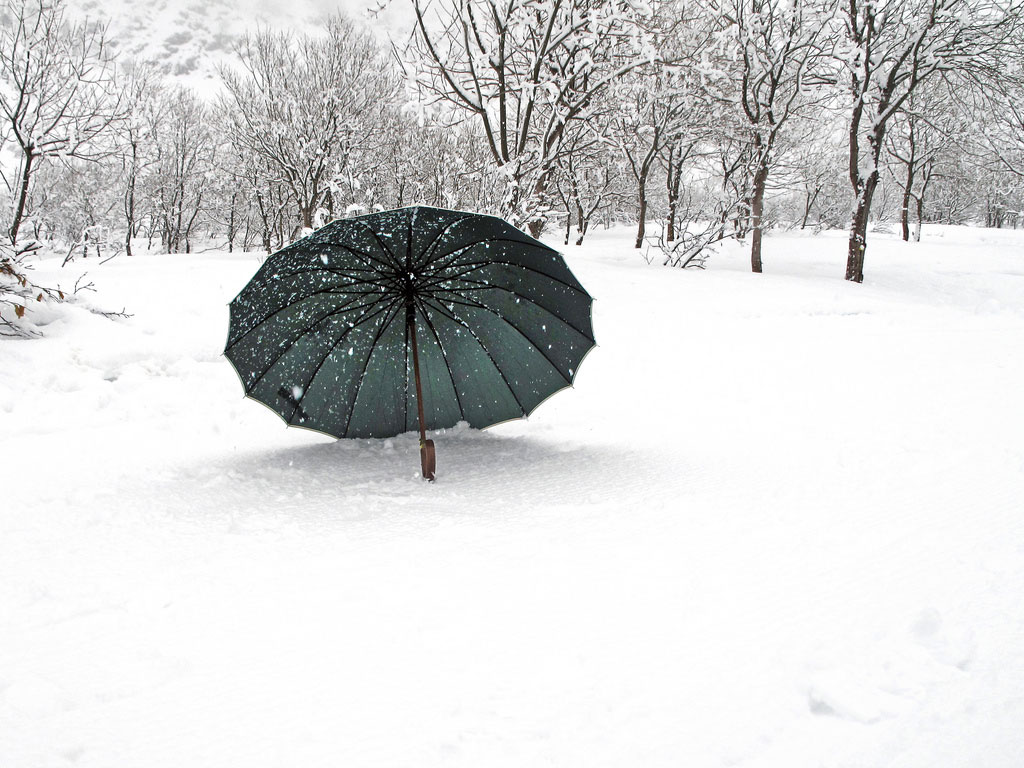
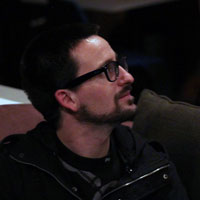 Larry Eby is the author of two books of poetry, Flight of August, winner of the 2014 Louise Bogan Award from Trio House Press, and Machinist in the Snow, ELJ Publications 2015. His work can be found in Forklift, Passages North, Fourteen Hills, Thrush Poetry Journal, and others. He is the editor in chief of Orange Monkey Publishing, a poetry press in California.
Larry Eby is the author of two books of poetry, Flight of August, winner of the 2014 Louise Bogan Award from Trio House Press, and Machinist in the Snow, ELJ Publications 2015. His work can be found in Forklift, Passages North, Fourteen Hills, Thrush Poetry Journal, and others. He is the editor in chief of Orange Monkey Publishing, a poetry press in California.
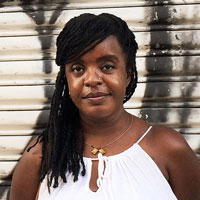 Soyini Ayanna Forde grew up in Trinidad and Tobago. She has work forthcoming and in Moko, Black Girl Dangerous, Apogee Journal, SX Salon, The Caribbean Writer, Tongues of the Ocean, The Guidebook, St. Somewhere Journal, and Black Renaissance Noire. Her poetry chapbook Taste of Hibiscus was published by Dancing Girl Press. She is very interested in West Indian identity, diasporic connections, and what she can learn from the resilience of strong women. She blogs about race, her love life, and West Indian culture at
Soyini Ayanna Forde grew up in Trinidad and Tobago. She has work forthcoming and in Moko, Black Girl Dangerous, Apogee Journal, SX Salon, The Caribbean Writer, Tongues of the Ocean, The Guidebook, St. Somewhere Journal, and Black Renaissance Noire. Her poetry chapbook Taste of Hibiscus was published by Dancing Girl Press. She is very interested in West Indian identity, diasporic connections, and what she can learn from the resilience of strong women. She blogs about race, her love life, and West Indian culture at 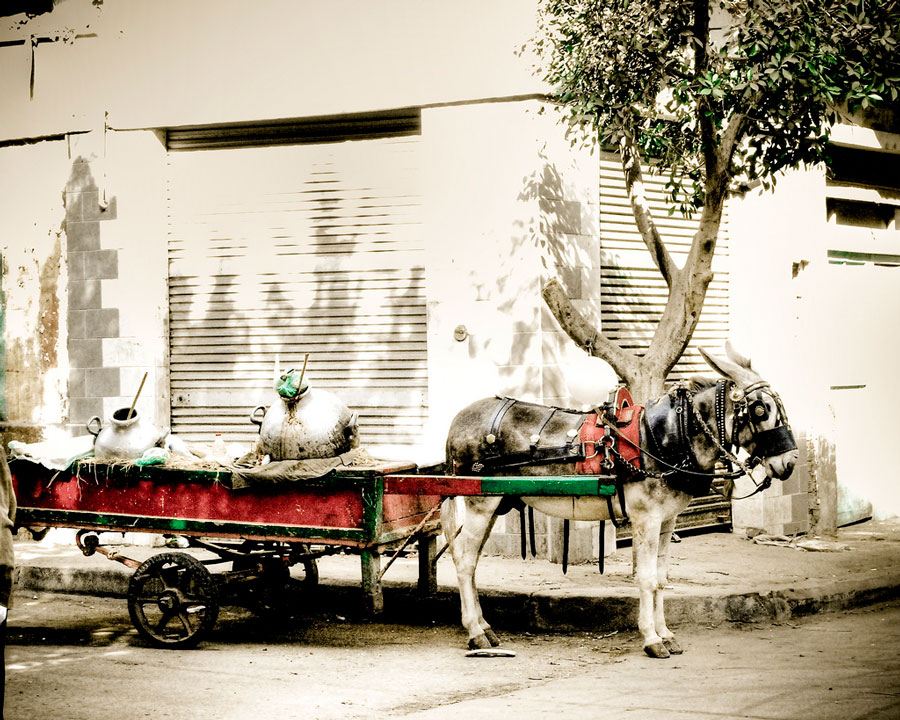
 Alexia Underwood was born in Kuwait and grew up between the U.S. and the Middle East. She holds two Masters from the University of California, Berkeley in journalism and international and area studies with a focus on Arabic literature. Her chapter on Egyptian literature after the 2011 revolution is forthcoming in an anthology from AUC press, and her nonfiction writing has been published in VICE, Bloomberg Businessweek, and various other publications.
Alexia Underwood was born in Kuwait and grew up between the U.S. and the Middle East. She holds two Masters from the University of California, Berkeley in journalism and international and area studies with a focus on Arabic literature. Her chapter on Egyptian literature after the 2011 revolution is forthcoming in an anthology from AUC press, and her nonfiction writing has been published in VICE, Bloomberg Businessweek, and various other publications.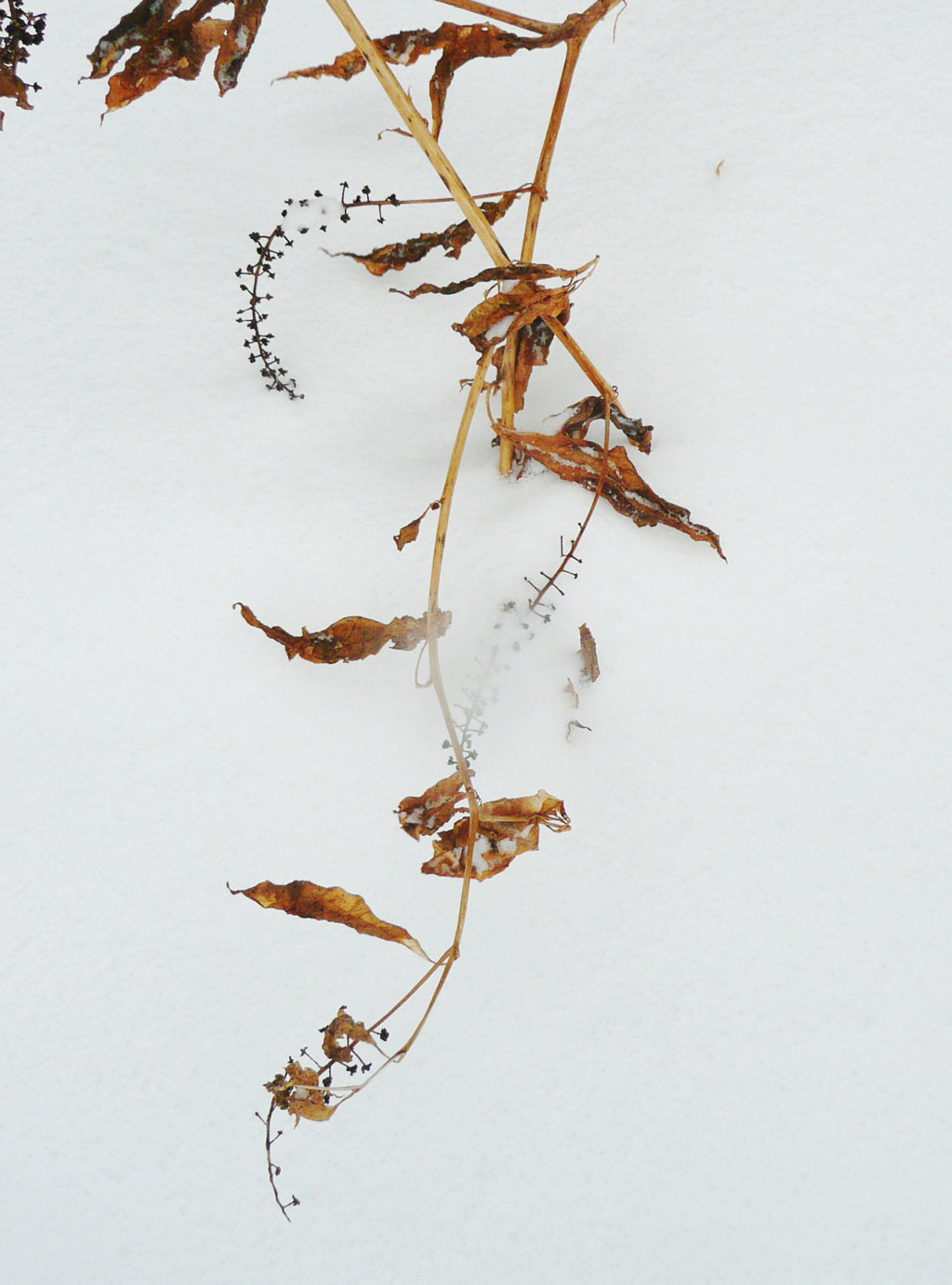
 Lynn Levin’s newest books are the poetry collection Miss Plastique (Ragged Sky, 2013), a Next Generation Indie Book Awards finalist in poetry, and
Lynn Levin’s newest books are the poetry collection Miss Plastique (Ragged Sky, 2013), a Next Generation Indie Book Awards finalist in poetry, and 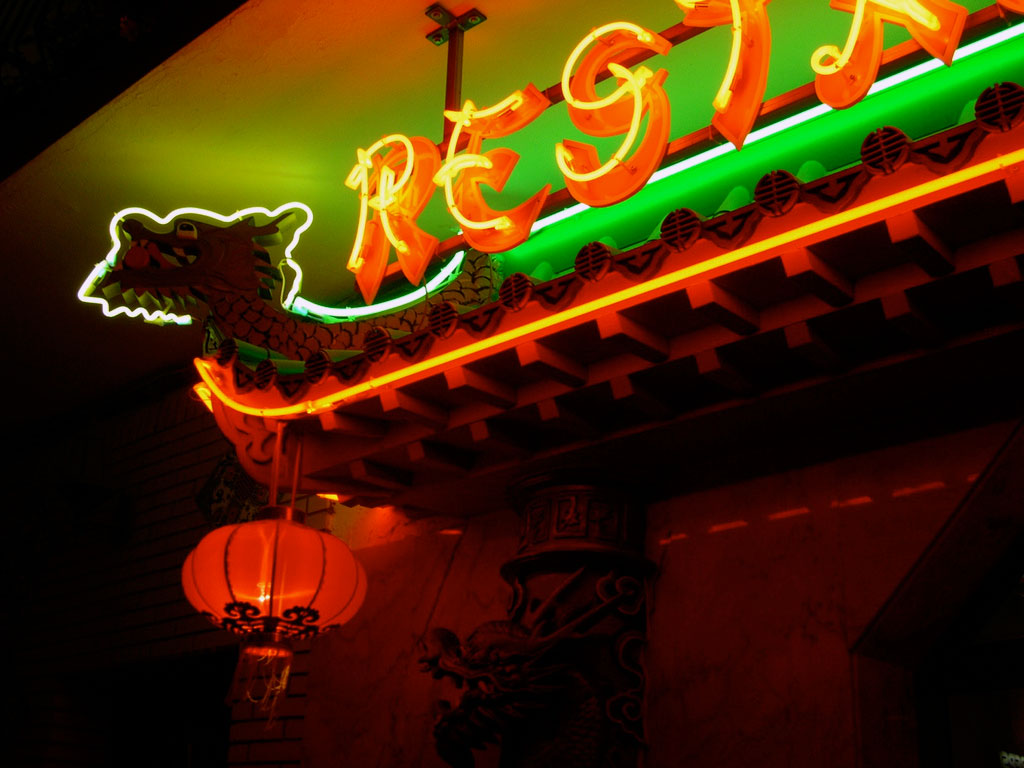
 Donald Quist is a writer and editor living in Bangkok, Thailand. His work appears or is forthcoming in Hunger Mountain, Pithead Chapel, Knee-Jerk, Queen Mob’s Teahouse, Adroit Journal, Apeiron Review, Numéro Cinq, Slag Glass City, Awst Press, Publishers Weekly, J Journal, The Rumpus, and North American Review. He serves as Fiction Editor for
Donald Quist is a writer and editor living in Bangkok, Thailand. His work appears or is forthcoming in Hunger Mountain, Pithead Chapel, Knee-Jerk, Queen Mob’s Teahouse, Adroit Journal, Apeiron Review, Numéro Cinq, Slag Glass City, Awst Press, Publishers Weekly, J Journal, The Rumpus, and North American Review. He serves as Fiction Editor for 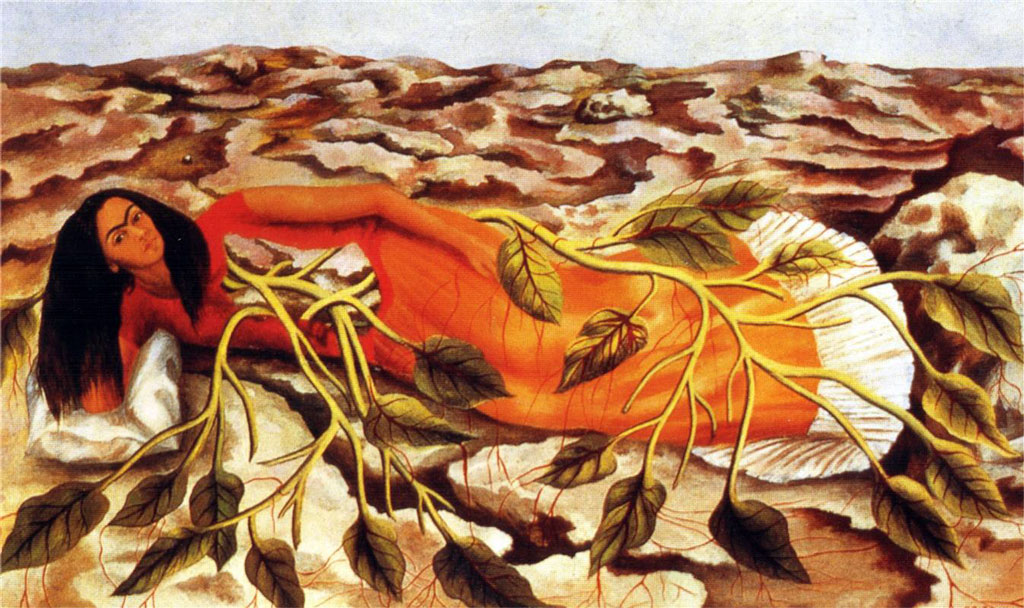
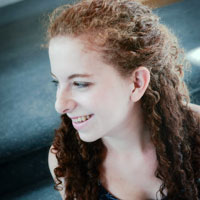 Lena Popkin attends Central High School in Philadelphia. She has worked on the staff of the Mirror, a literary magazine, and has attended the Bard College summer Workshop. She is the recipient of an award from Philadelphia Young Playwrights, and her work has appeared in the Philadelphia Inquirer.
Lena Popkin attends Central High School in Philadelphia. She has worked on the staff of the Mirror, a literary magazine, and has attended the Bard College summer Workshop. She is the recipient of an award from Philadelphia Young Playwrights, and her work has appeared in the Philadelphia Inquirer.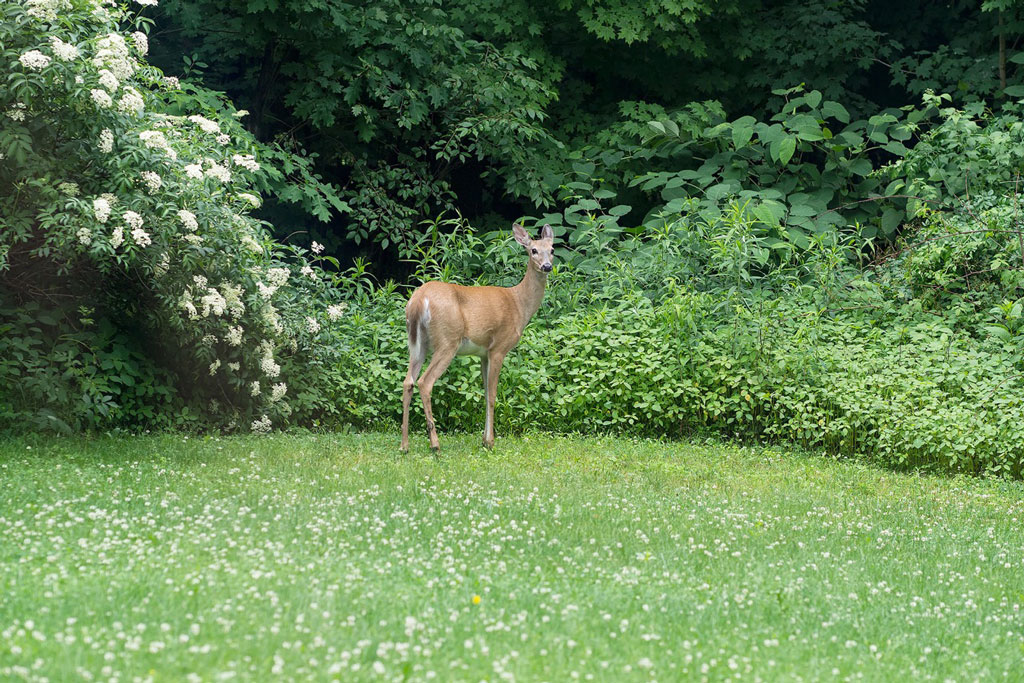
 Robert Lietz has published eight collections of poems. His work has appeared in journals in the U.S., Canada, France, Sweden and U.K. He spends a good deal of time taking, post-processing, and printing photographs and exploring the relationship between image-making and poetry.
Robert Lietz has published eight collections of poems. His work has appeared in journals in the U.S., Canada, France, Sweden and U.K. He spends a good deal of time taking, post-processing, and printing photographs and exploring the relationship between image-making and poetry.
 Aimee LaBrie teaches and works at Rider University. Her short story collection, Wonderful Girl, was awarded the Katherine Anne Porter Prize in Fiction and published by the University of North Texas Press in 2007. Her second collection of stories, A Good Thing, recently placed as a finalist in the BOA Short Fiction Contest. Her short stories have been published in Pleiades, Minnesota Review, Iron Horse Literary Review, Permafrost, and other literary journals. In 2012, she won first place in Zoetrope’s All-Story Fiction contest. You can read her blog at
Aimee LaBrie teaches and works at Rider University. Her short story collection, Wonderful Girl, was awarded the Katherine Anne Porter Prize in Fiction and published by the University of North Texas Press in 2007. Her second collection of stories, A Good Thing, recently placed as a finalist in the BOA Short Fiction Contest. Her short stories have been published in Pleiades, Minnesota Review, Iron Horse Literary Review, Permafrost, and other literary journals. In 2012, she won first place in Zoetrope’s All-Story Fiction contest. You can read her blog at 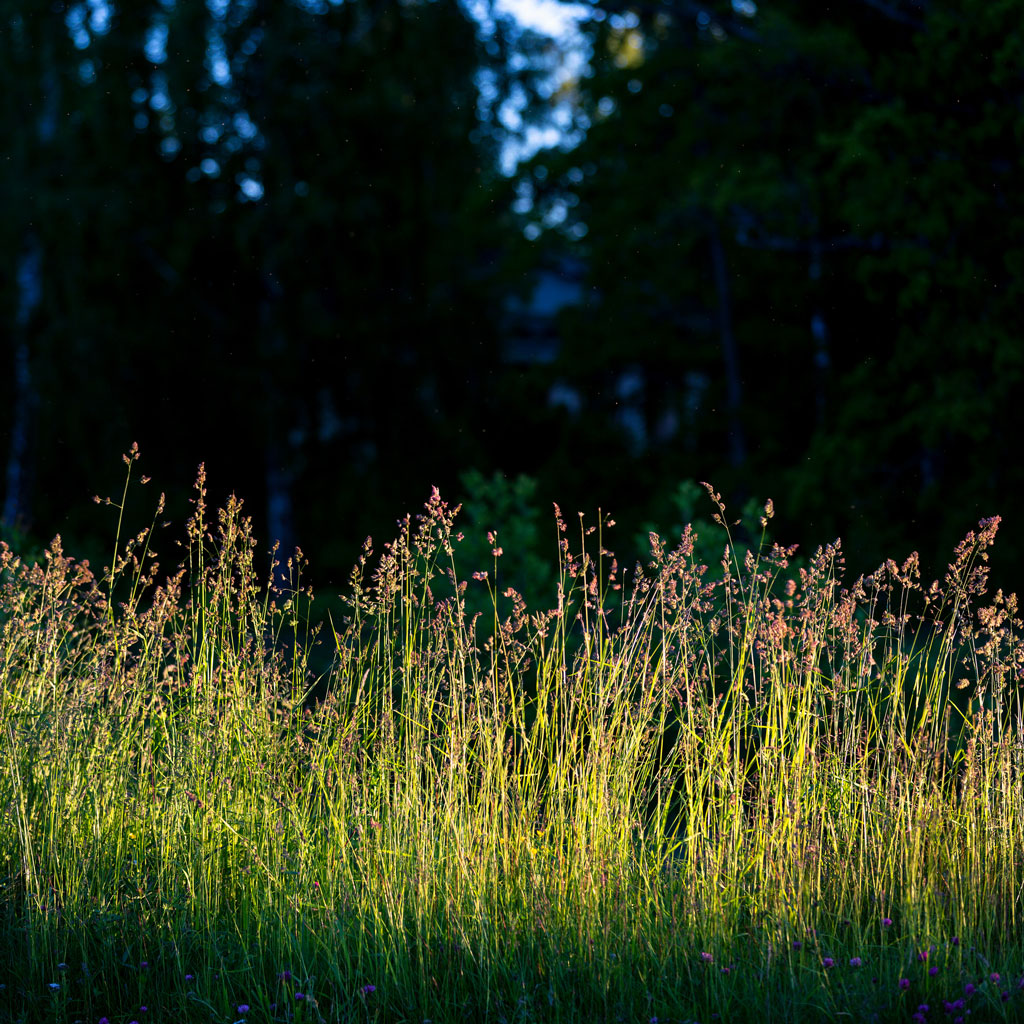
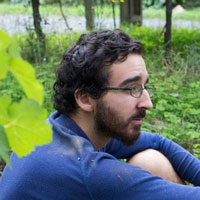 Diego Reymondez is a dizzy mess who passed out in New York and woke up in Spain. Since regaining consciousness, he’s planted a food forest and now must spend his days making rocket stoves, keeping his brother from dying on intergalactic travels, taking care of animals, and generally learning how to nature. Eventually he gets around to writing.
Diego Reymondez is a dizzy mess who passed out in New York and woke up in Spain. Since regaining consciousness, he’s planted a food forest and now must spend his days making rocket stoves, keeping his brother from dying on intergalactic travels, taking care of animals, and generally learning how to nature. Eventually he gets around to writing. 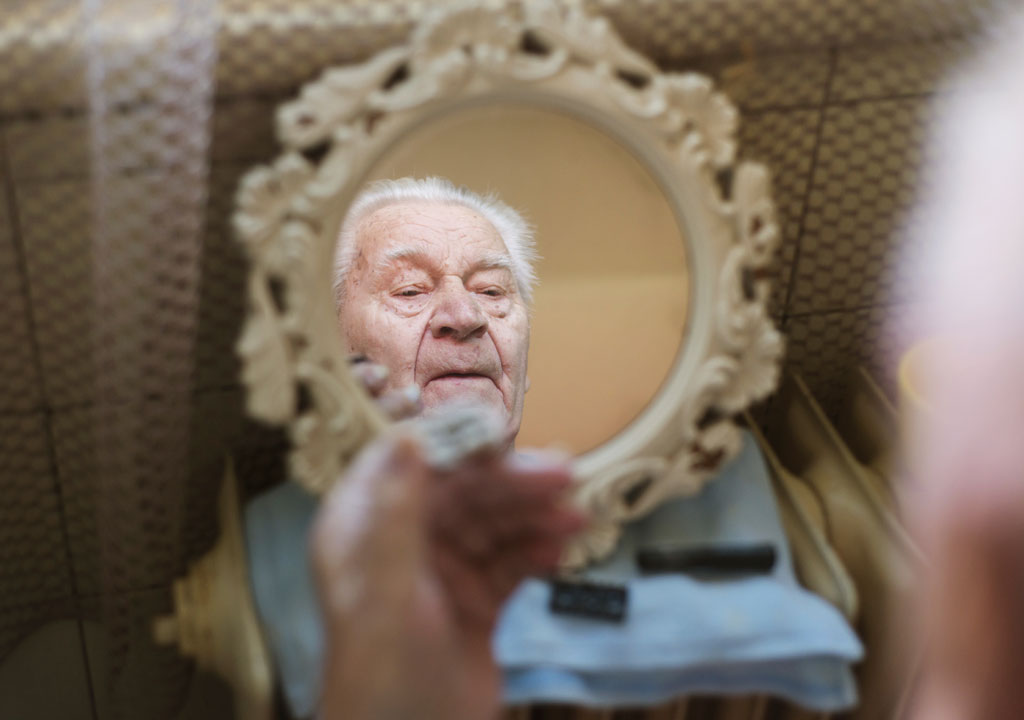
 Betsy Campbell Stone is an emerging writer from Sacramento, CA. She retired from her career as a healthcare strategy and marketing executive to care for her father, Henry, then eighty-nine. Over his final seven years of life, she returned to writing. While pursuing her M.F.A. in Creative Nonfiction at Bennington College, Betsy Campbell Stone supports nonprofits in their missions to end hunger, aid caregivers, and promote comfort at the end of life.
Betsy Campbell Stone is an emerging writer from Sacramento, CA. She retired from her career as a healthcare strategy and marketing executive to care for her father, Henry, then eighty-nine. Over his final seven years of life, she returned to writing. While pursuing her M.F.A. in Creative Nonfiction at Bennington College, Betsy Campbell Stone supports nonprofits in their missions to end hunger, aid caregivers, and promote comfort at the end of life.